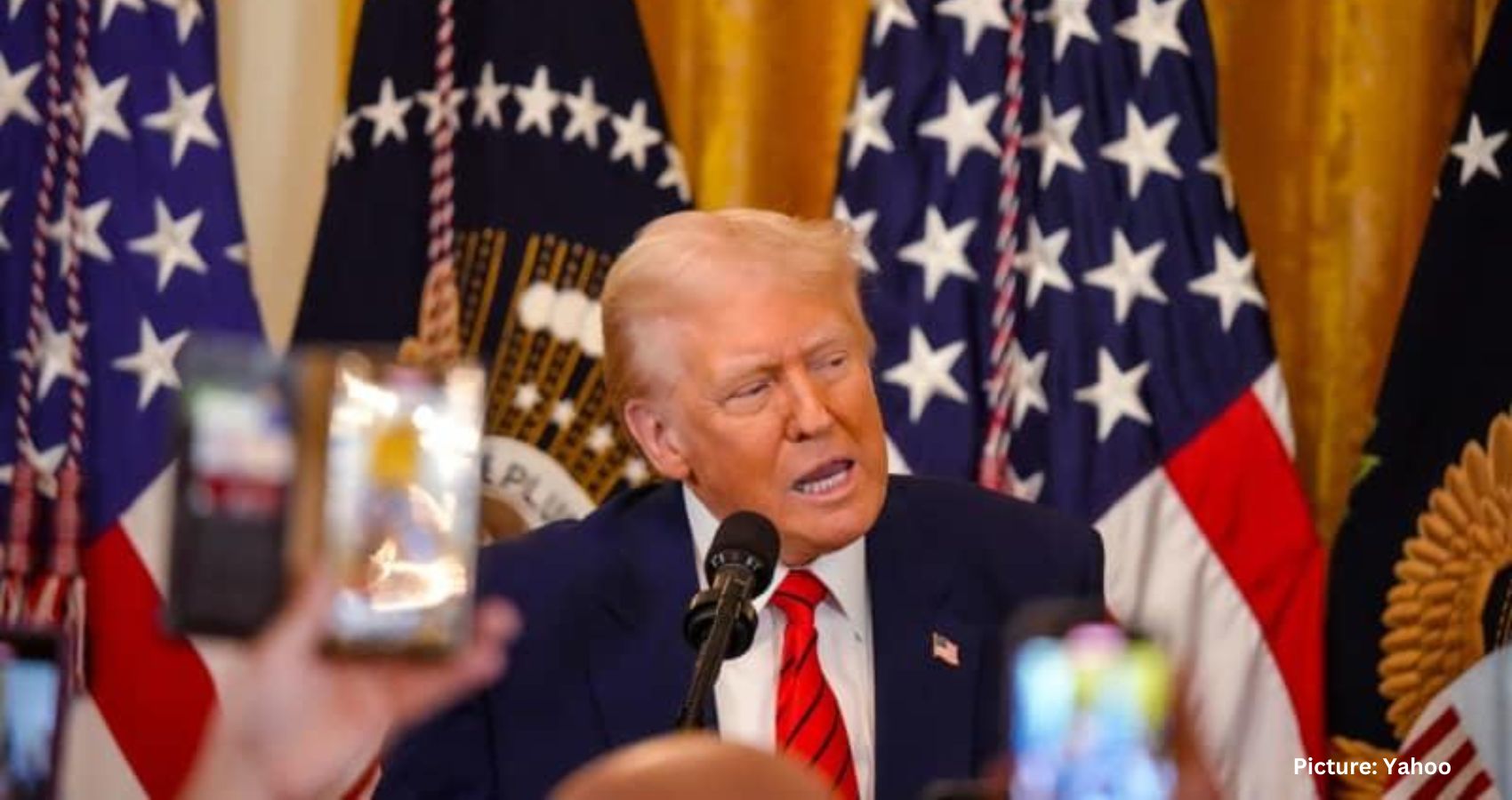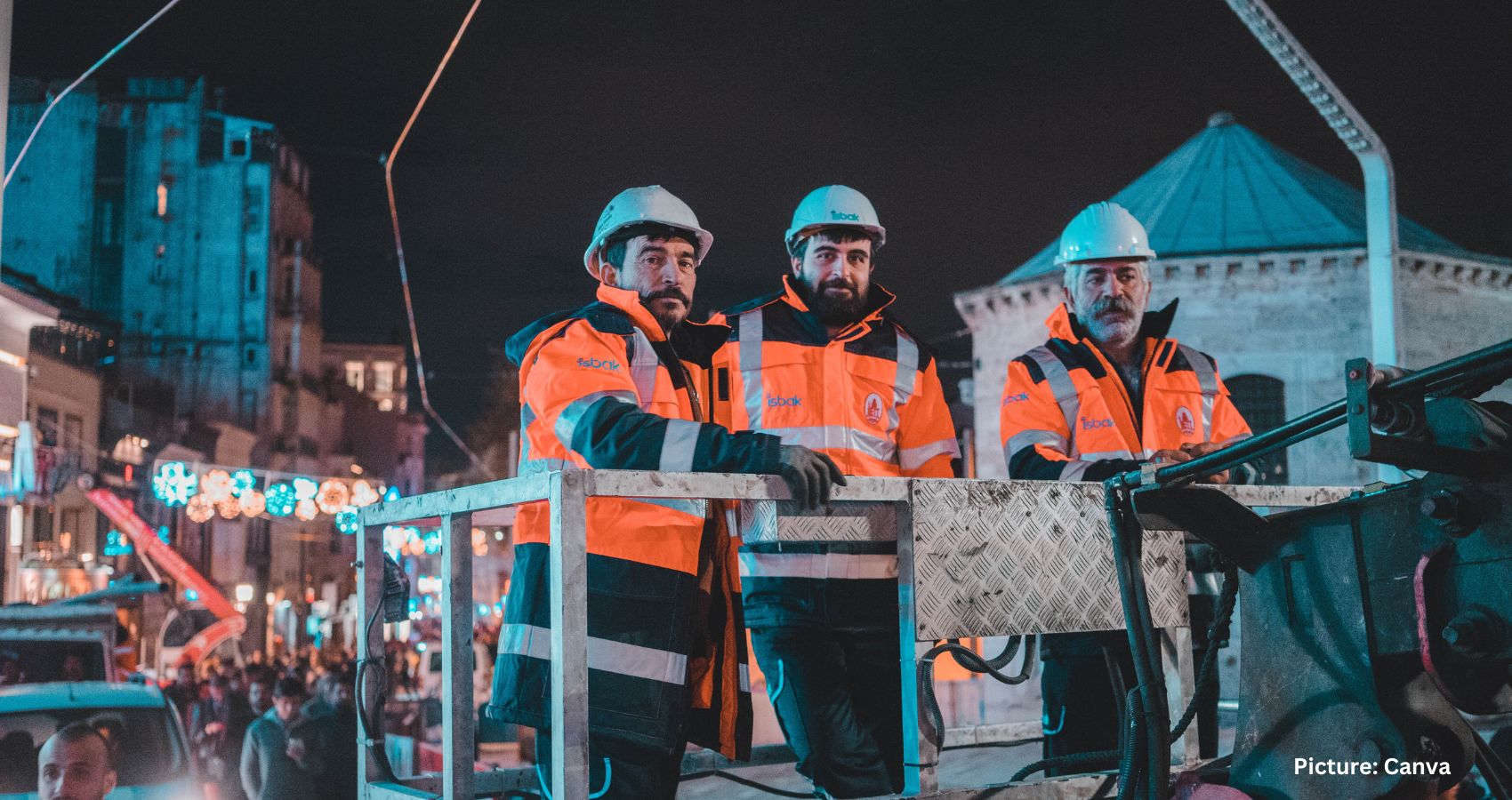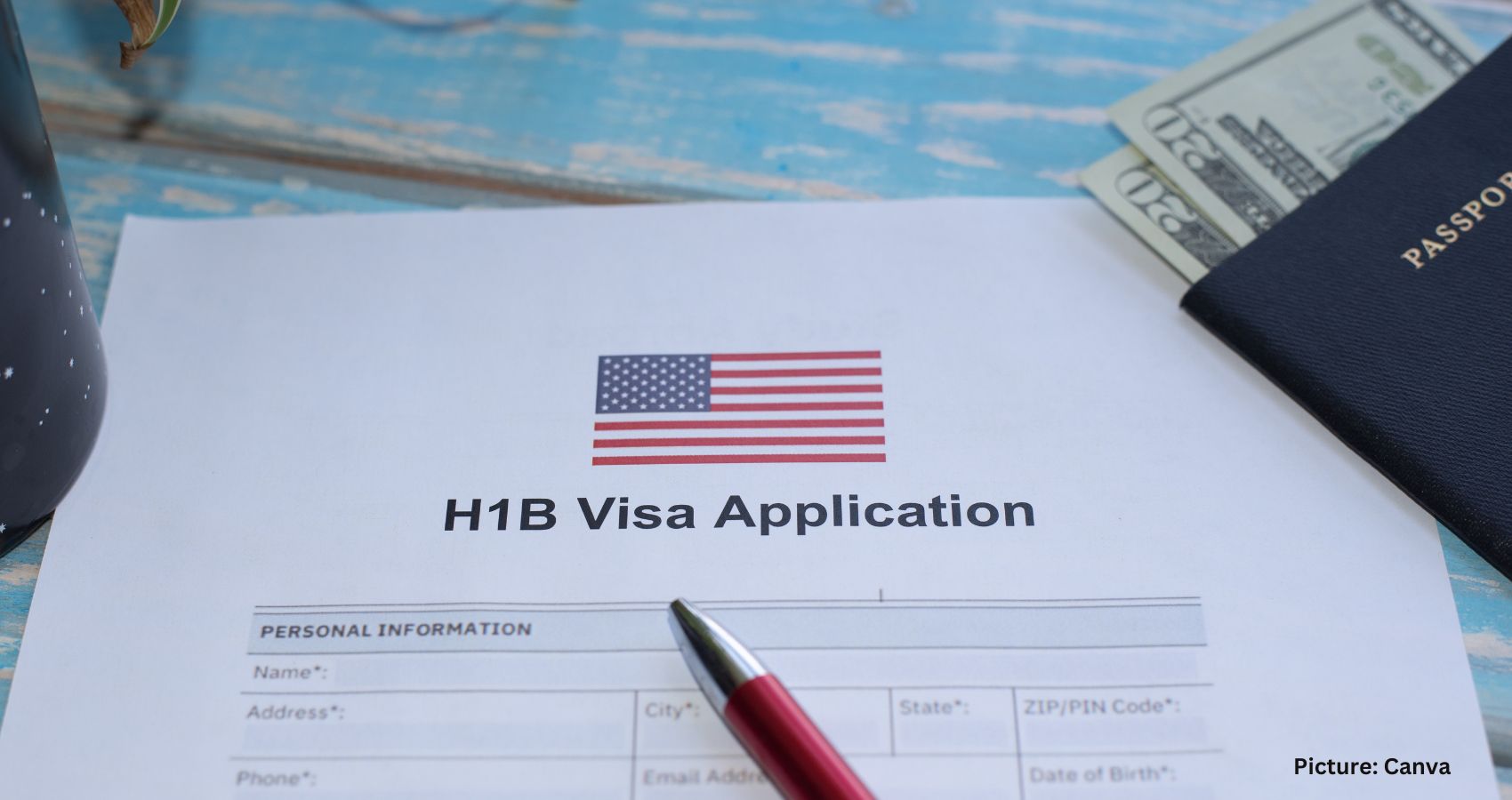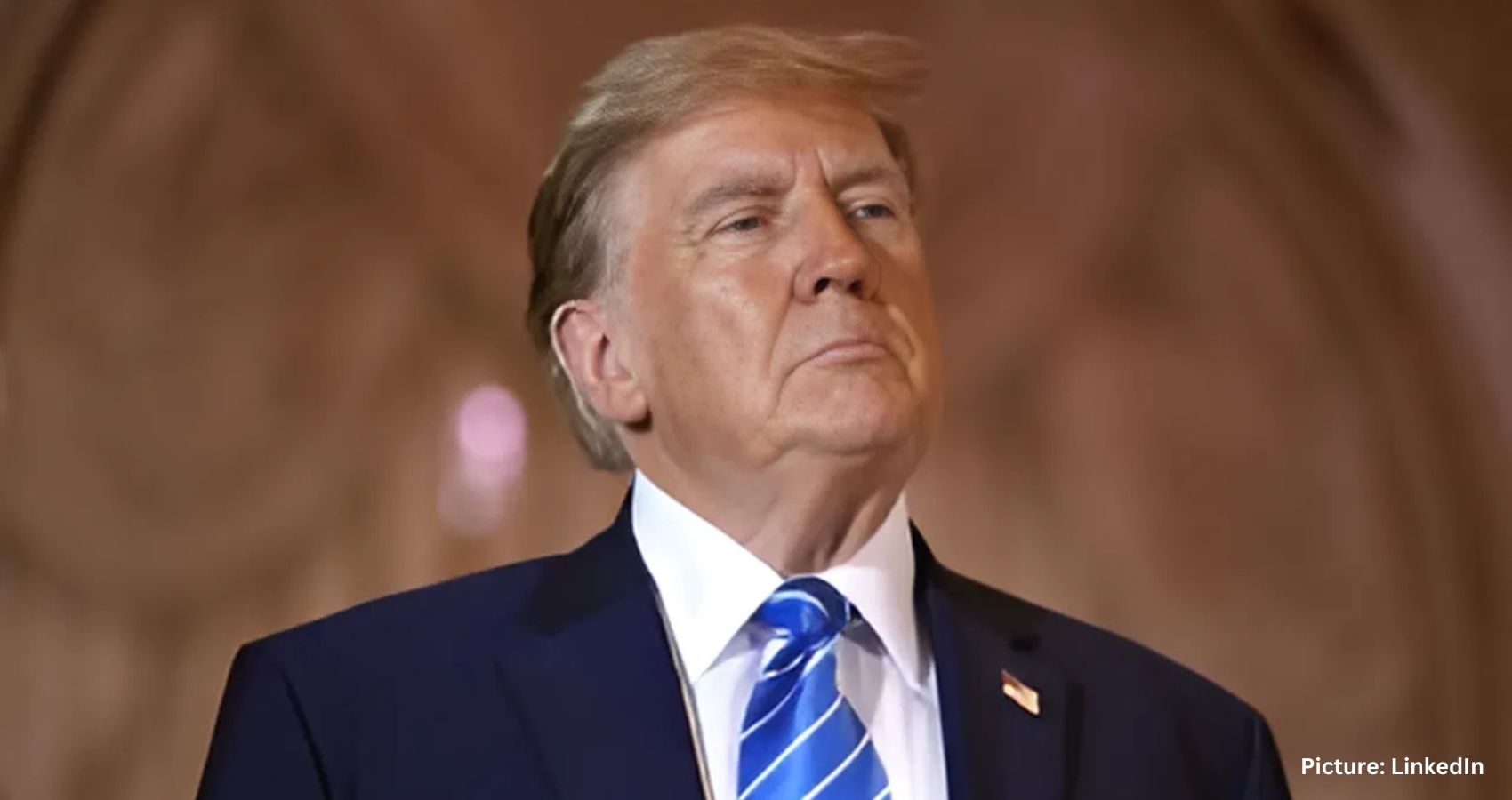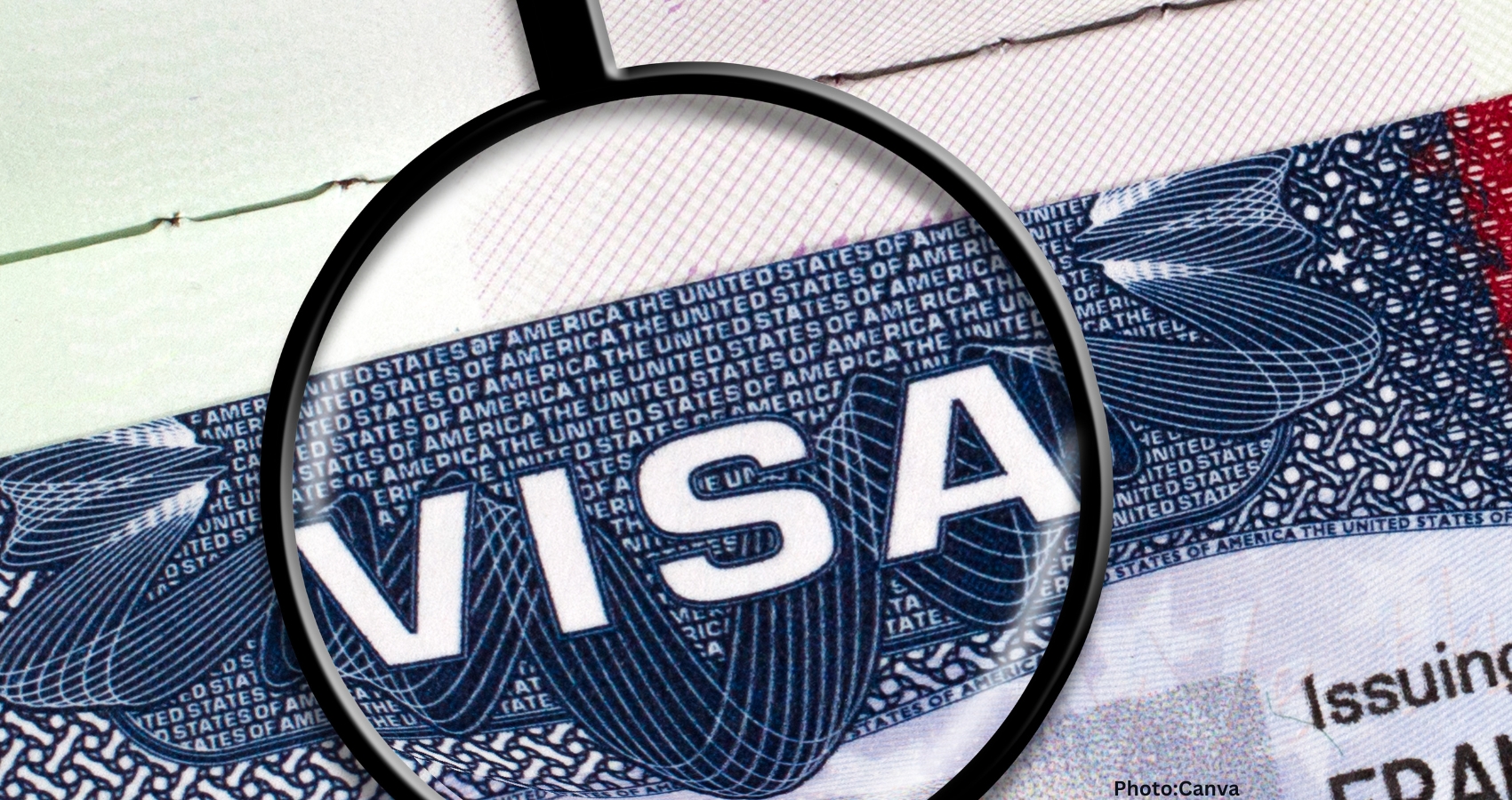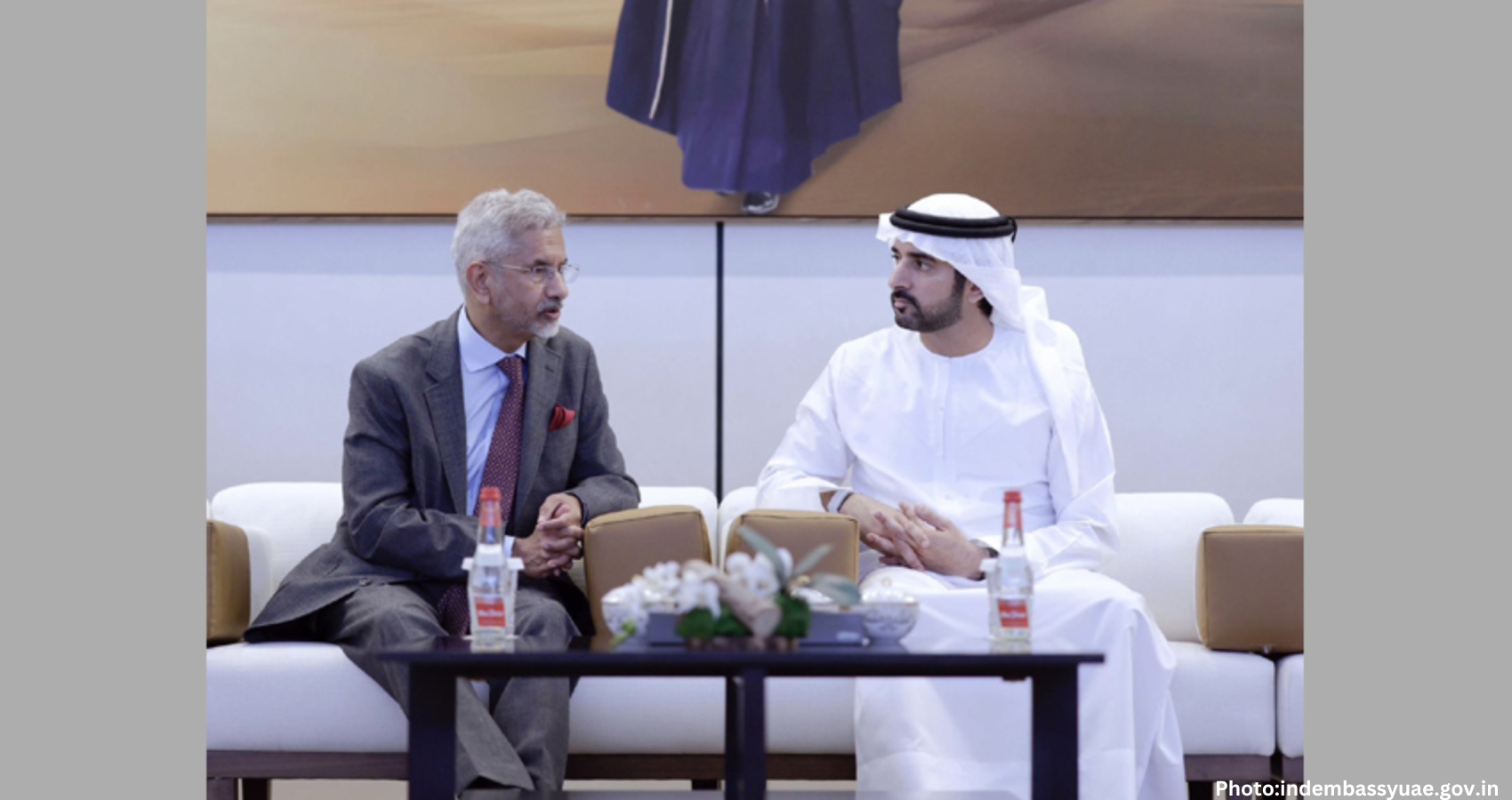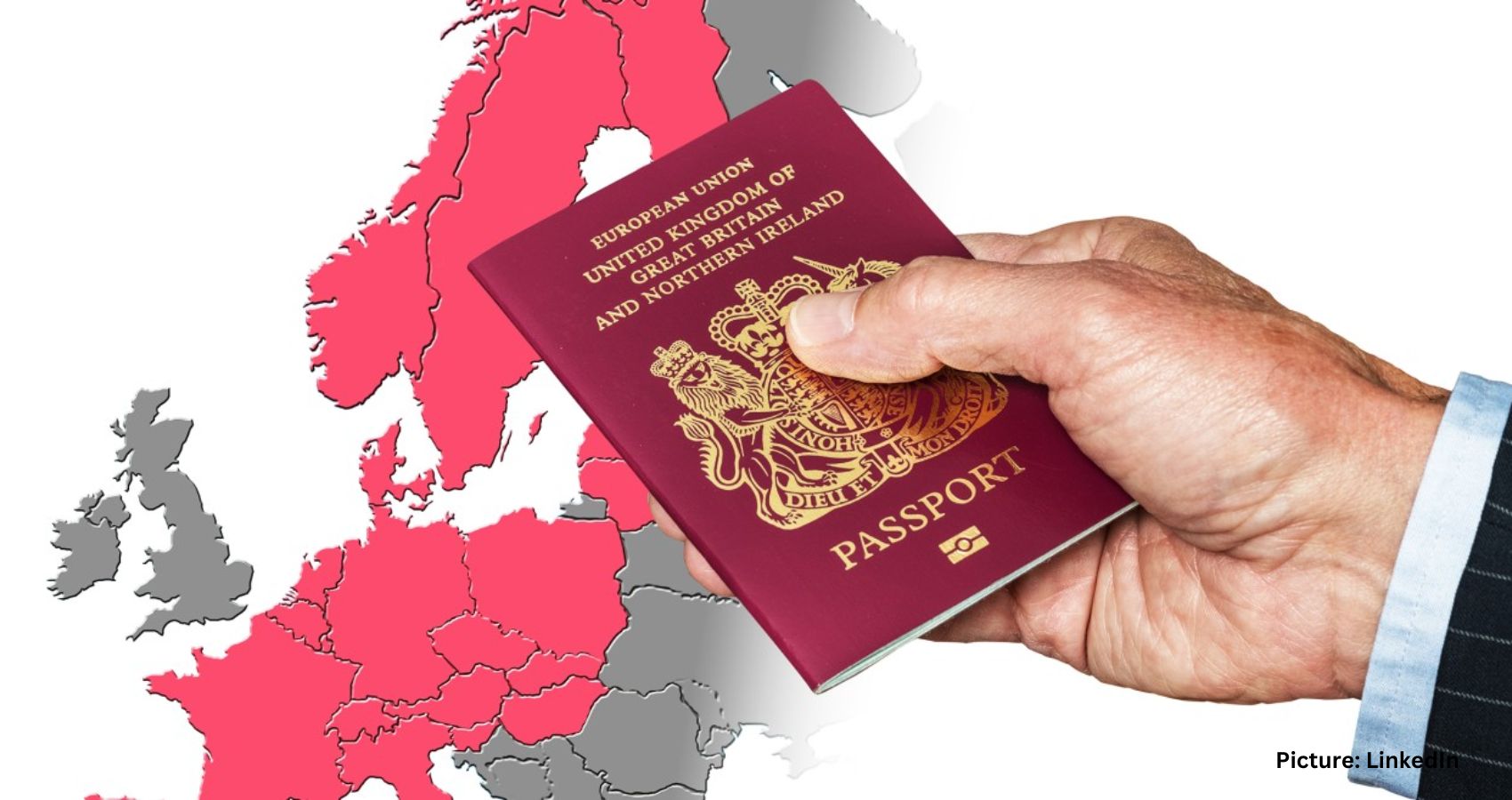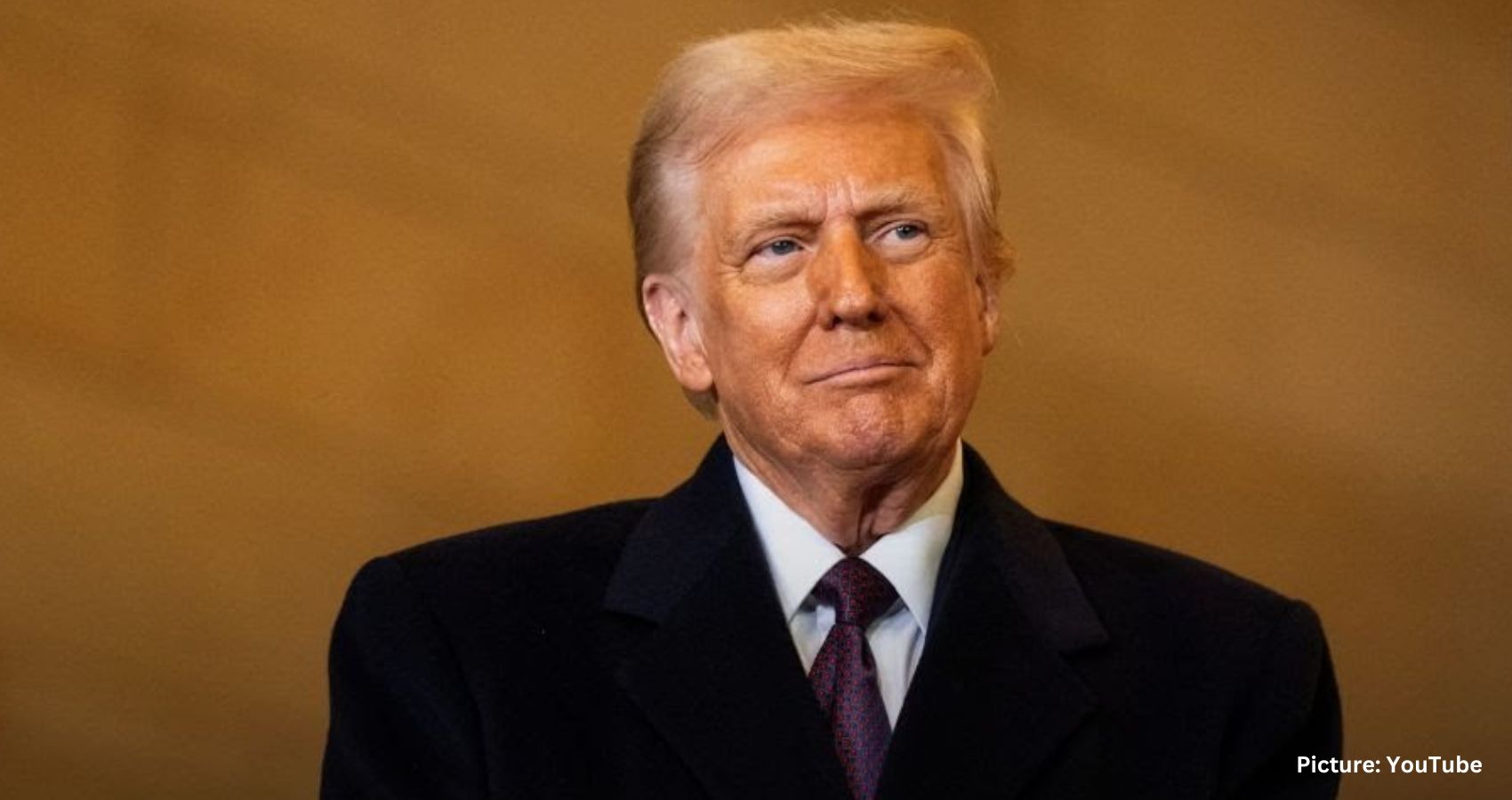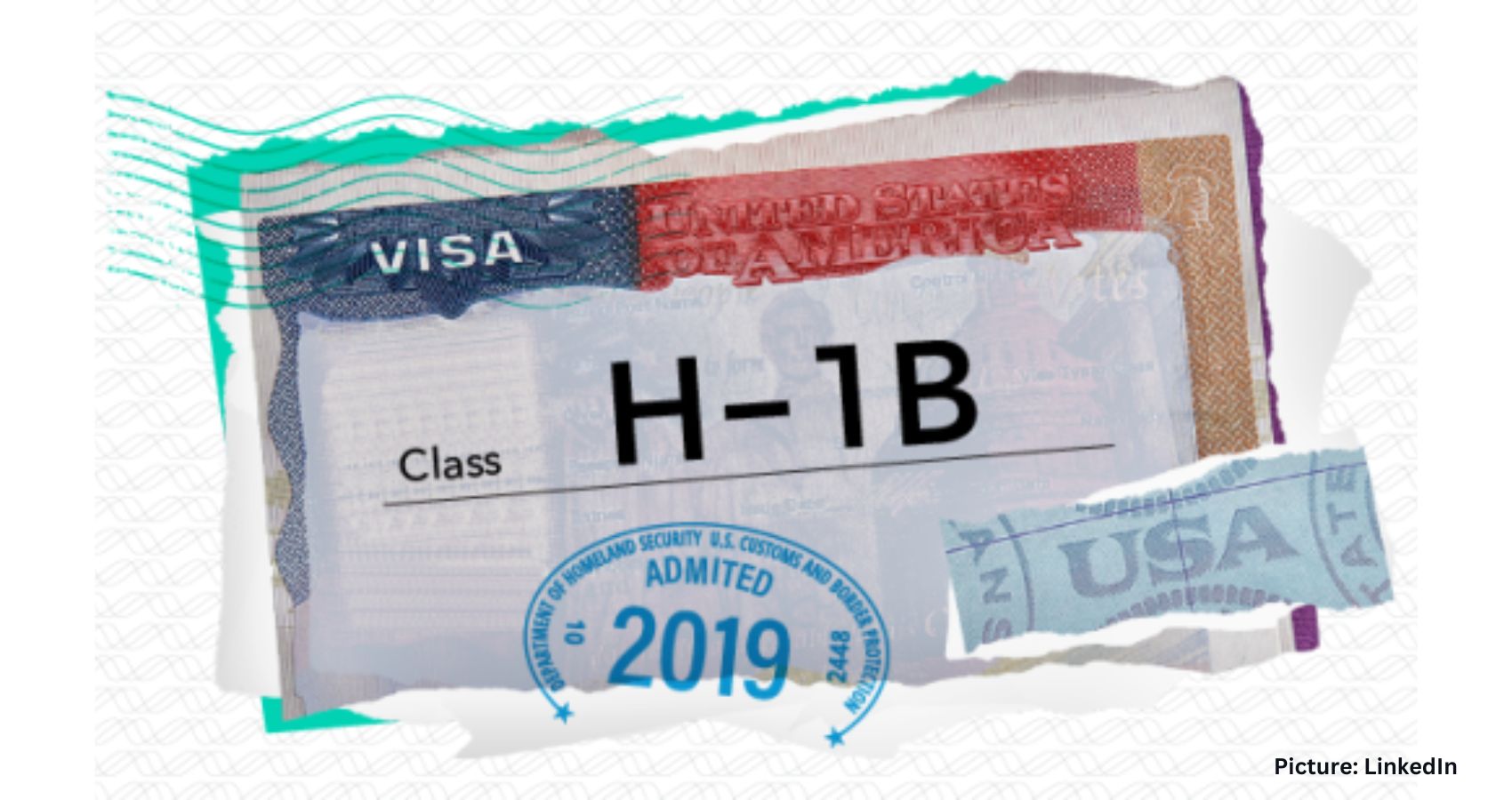The proposed legislation allocates billions toward aggressive immigration enforcement and cuts vital health and food assistance programs, drawing widespread condemnation from faith leaders across the United States.
A controversial legislative proposal is drawing significant criticism from religious leaders nationwide due to its heavy investment in aggressive immigration enforcement and proposed cuts to healthcare and food assistance. Faith leaders are voicing concerns over the ethical implications and potential social consequences of such a move.
The bill primarily focuses on allocating over $150 billion towards enforcing border policies and bolstering immigration crackdowns. This includes a dramatic increase in the Immigration and Customs Enforcement (ICE) detention budget, set to grow from $3.4 billion to $45 billion by 2029. Professor Donald Moynihan of the University of Michigan highlighted that the ICE budget would surpass the combined funding for all 50 federal prisons.
Critics argue that this immense funding could create a self-perpetuating deportation infrastructure, drawing parallels to the private prison system and military complex. As with military spending, increased funding could incentivize further crackdowns and family separations, leading to a cycle of enforcement.
The legislation also targets faith communities by removing places of worship from the Department of Homeland Security’s sensitive locations list, making it easier for ICE agents to conduct enforcement actions there. Consequently, many religious communities have reported declines in attendance, as the threat of enforcement deters families from practicing their faith.
Prominent Catholics, including Cardinal Robert McElroy and Bishop Jaime Soto, alongside leaders from Episcopalian, Jewish, Lutheran, Presbyterian, and Muslim communities, have signed a letter opposing the bill. They argue that the legislation’s focus on a border wall could drive migrants into remote regions, increasing the risk of deaths, harming the local environment, and forcing asylum-seekers to rely on human smugglers.
Religious leaders advocate for creating legal migration avenues and a legalization program for immigrants who have long contributed to the U.S. economy. They assert these alternatives would better serve immigrants and the nation than a mass deportation campaign.
The bill also proposes severe cuts to healthcare and food assistance, including slashing nearly $1 trillion from Medicaid. This reduction could jeopardize countless lives, leading to increased poverty, bankruptcies, and closures of vital healthcare facilities. Additionally, the bill aims to cut approximately $186 billion from the Supplemental Nutrition Assistance Program (SNAP) by 2034, raising concerns about food insecurity for millions.
According to the nonpartisan Congressional Budget Office, the legislation would exacerbate income inequality by transferring wealth from the nation’s poorest citizens to the wealthiest. This aspect particularly troubles faith leaders, who emphasize the moral obligation to support the most vulnerable.
Archbishop Timothy P. Broglio, president of the U.S. Conference of Catholic Bishops, criticized the bill for offering tax breaks to some while undermining social safety nets through significant cuts to nutrition assistance and Medicaid. He noted the bill’s failure to protect families and children by exclusively focusing on enforcement rather than preserving access to legal protections.
Faith leaders argue the bill’s approach is a moral failure, urging lawmakers to find a better path forward. They call on senators to reconsider the provisions, emphasizing the need to protect human dignity and uphold the common good.

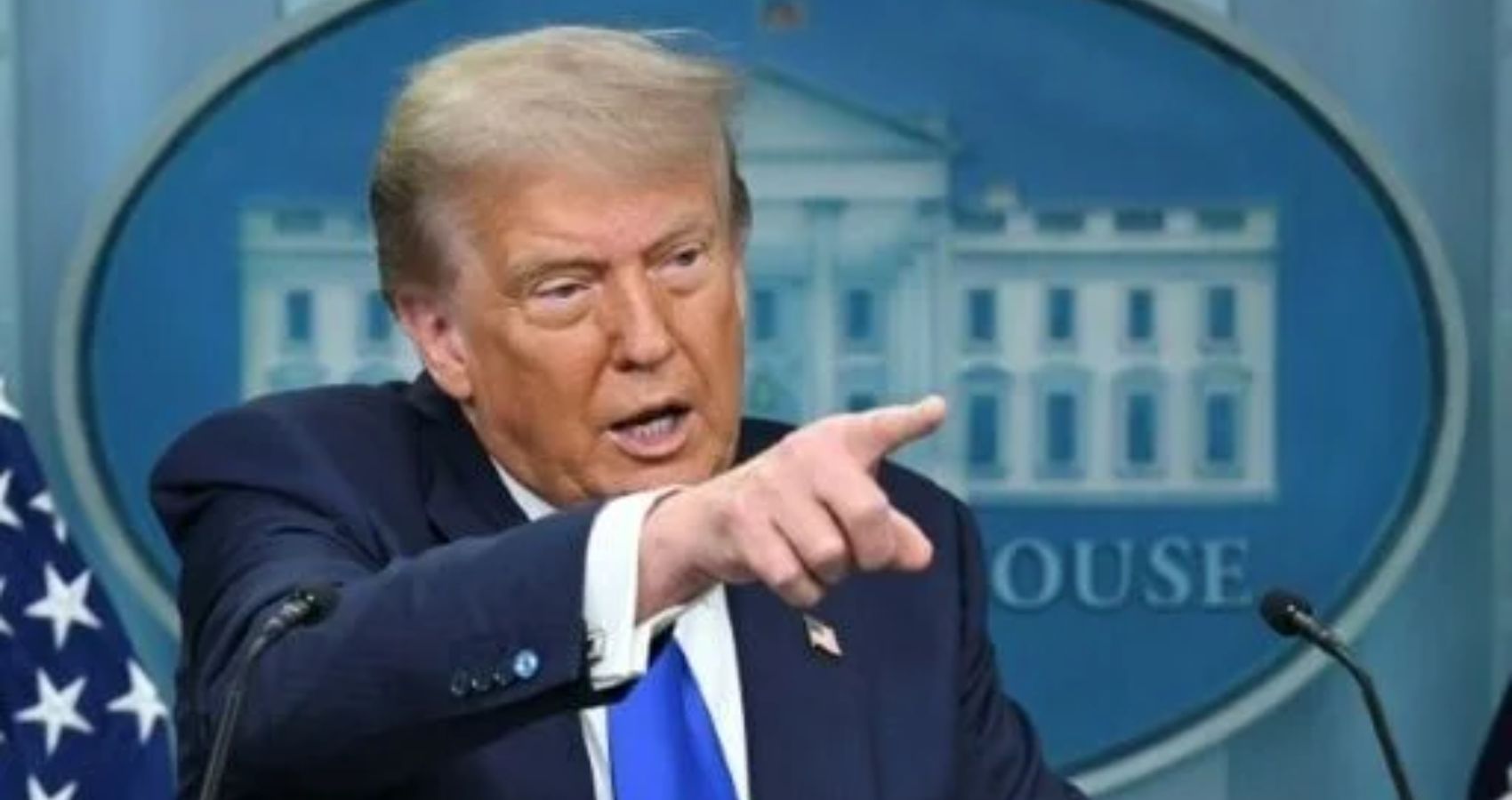

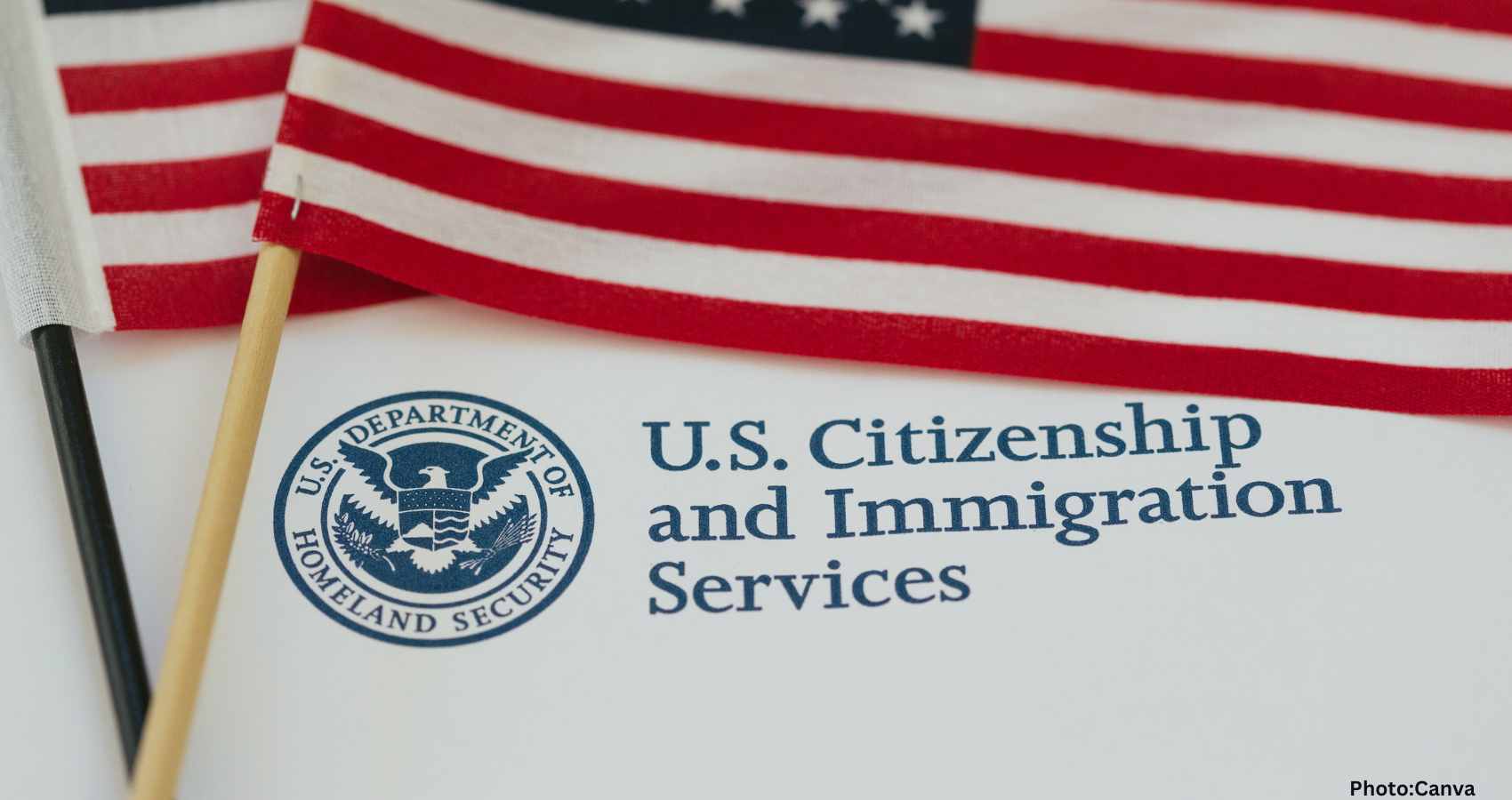




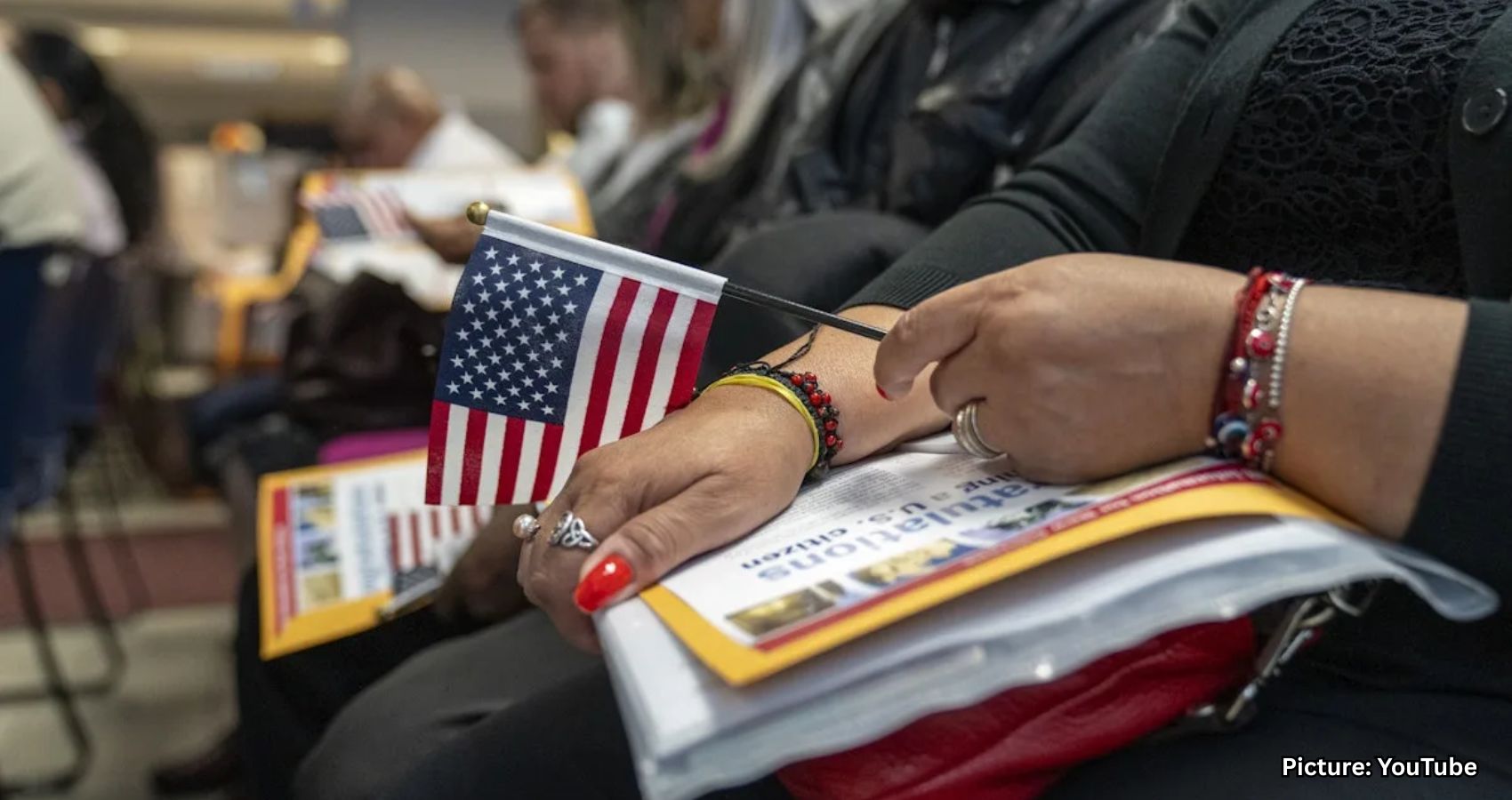
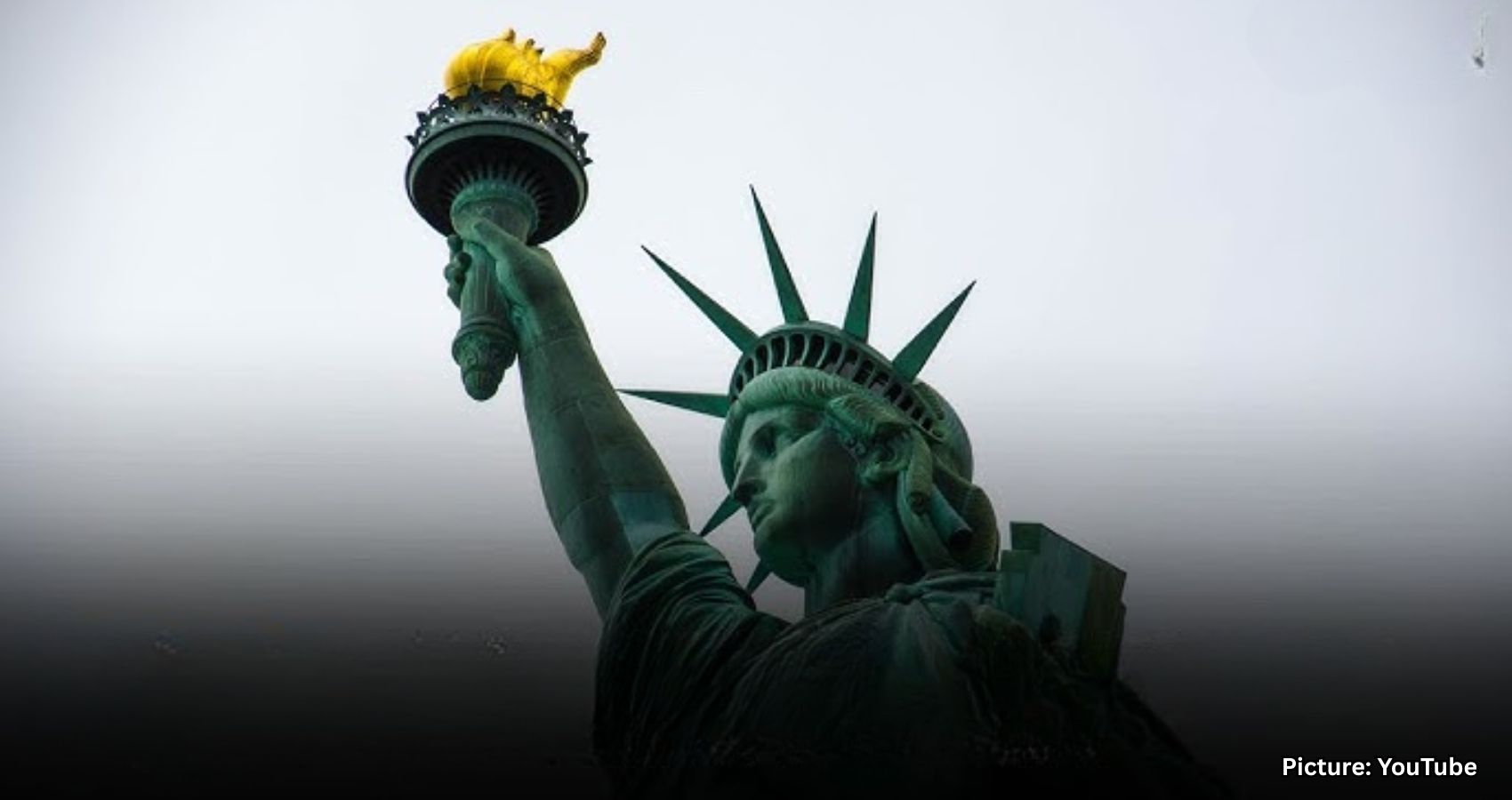
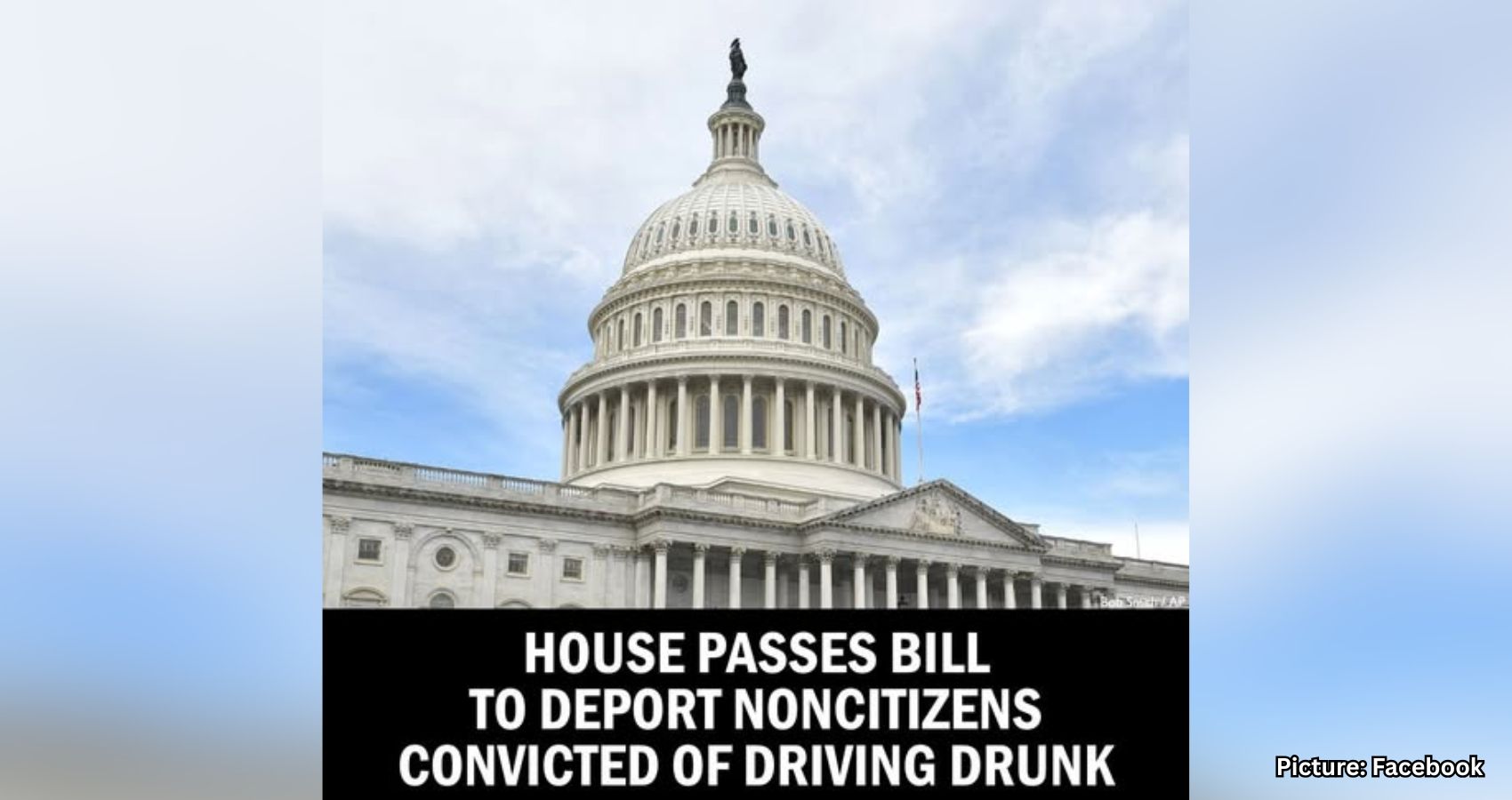
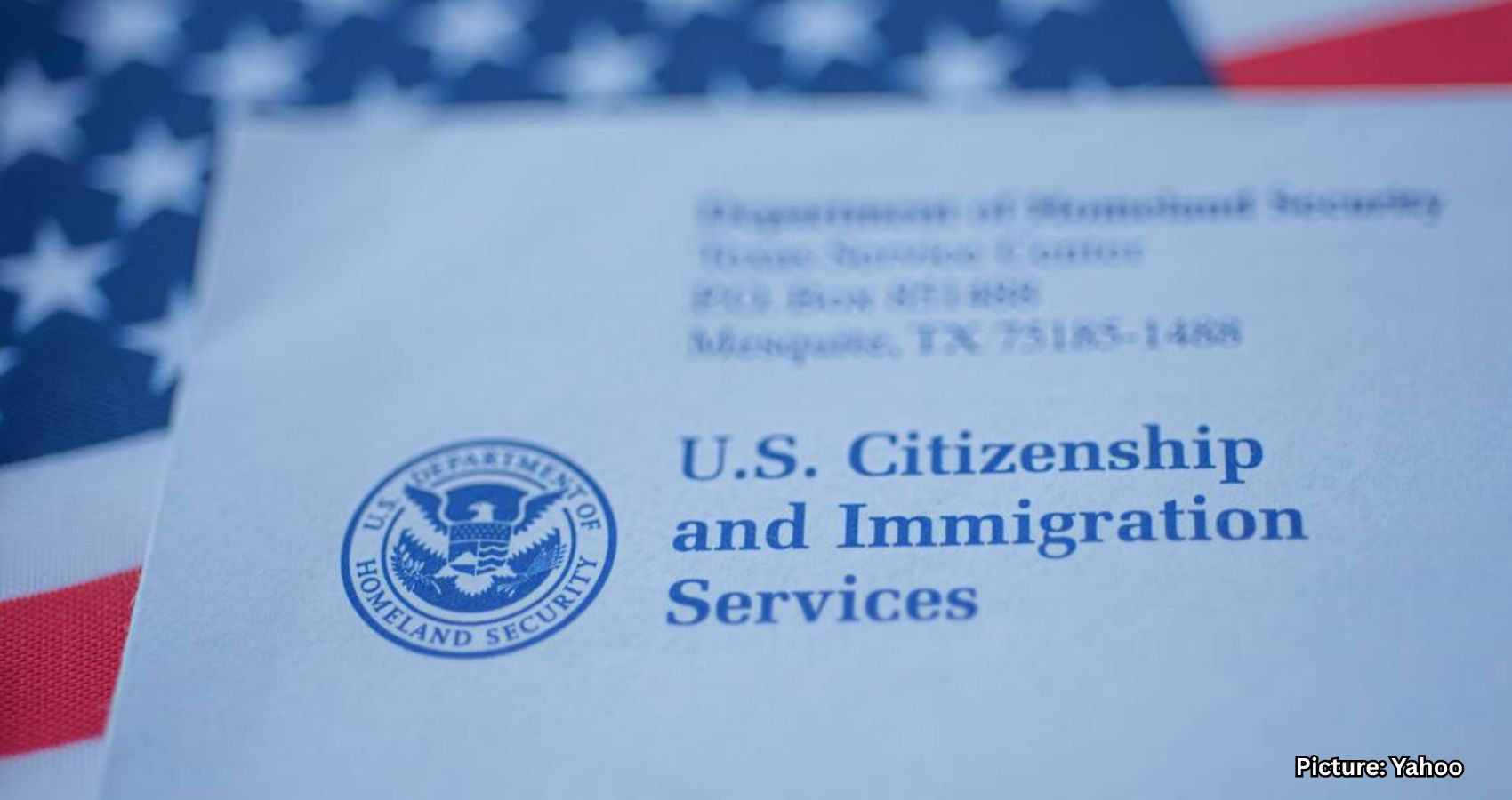

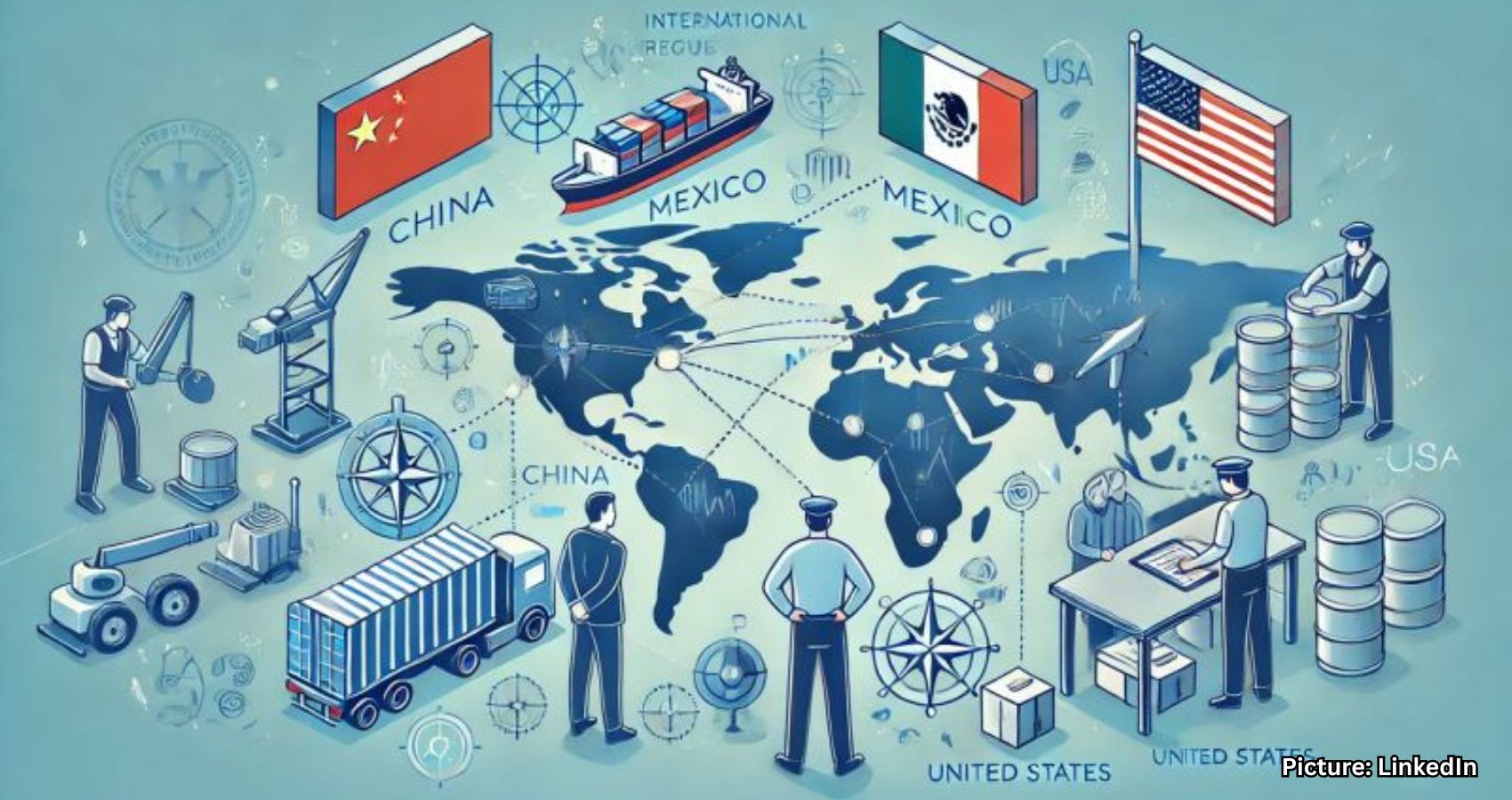
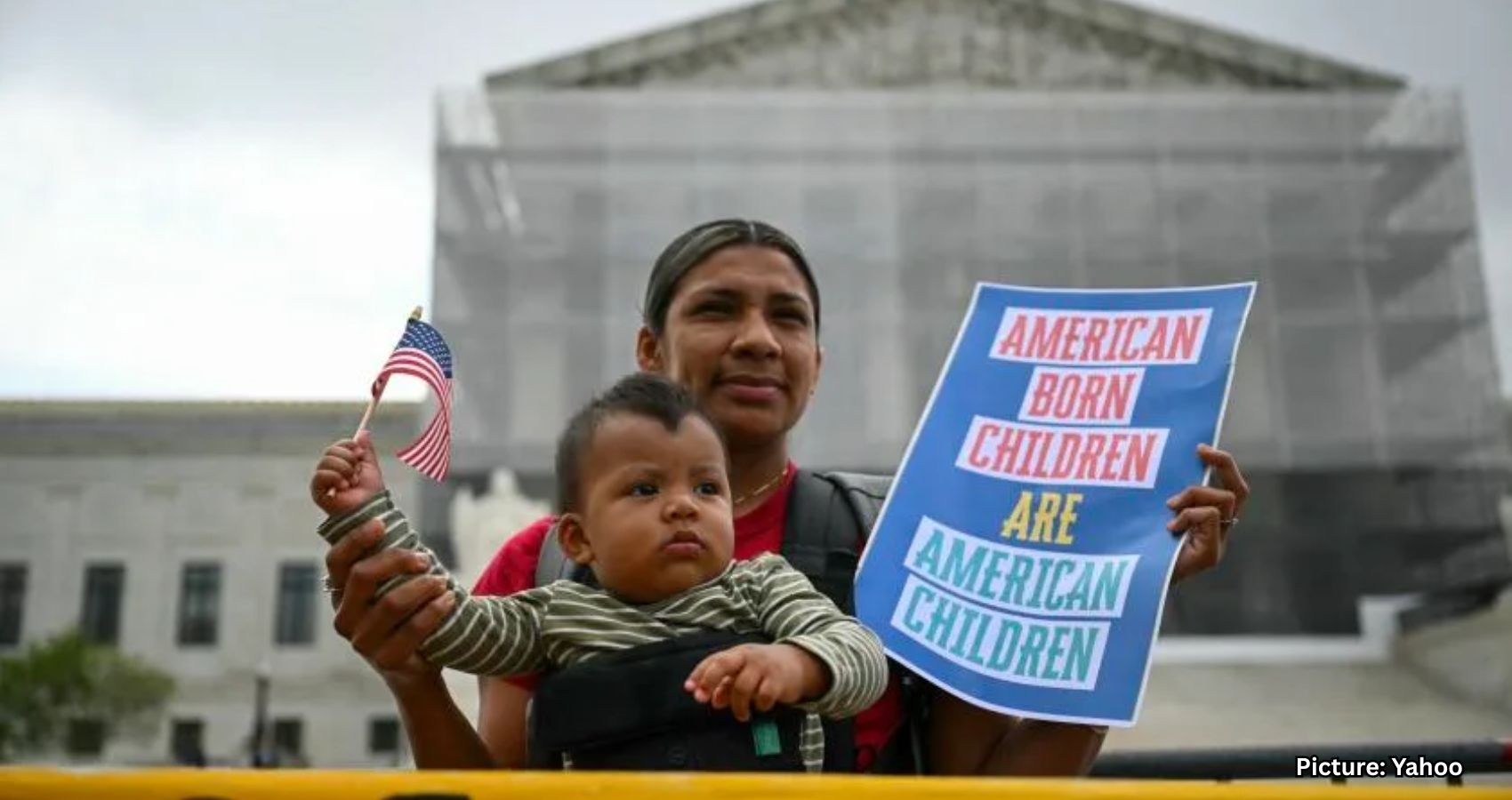
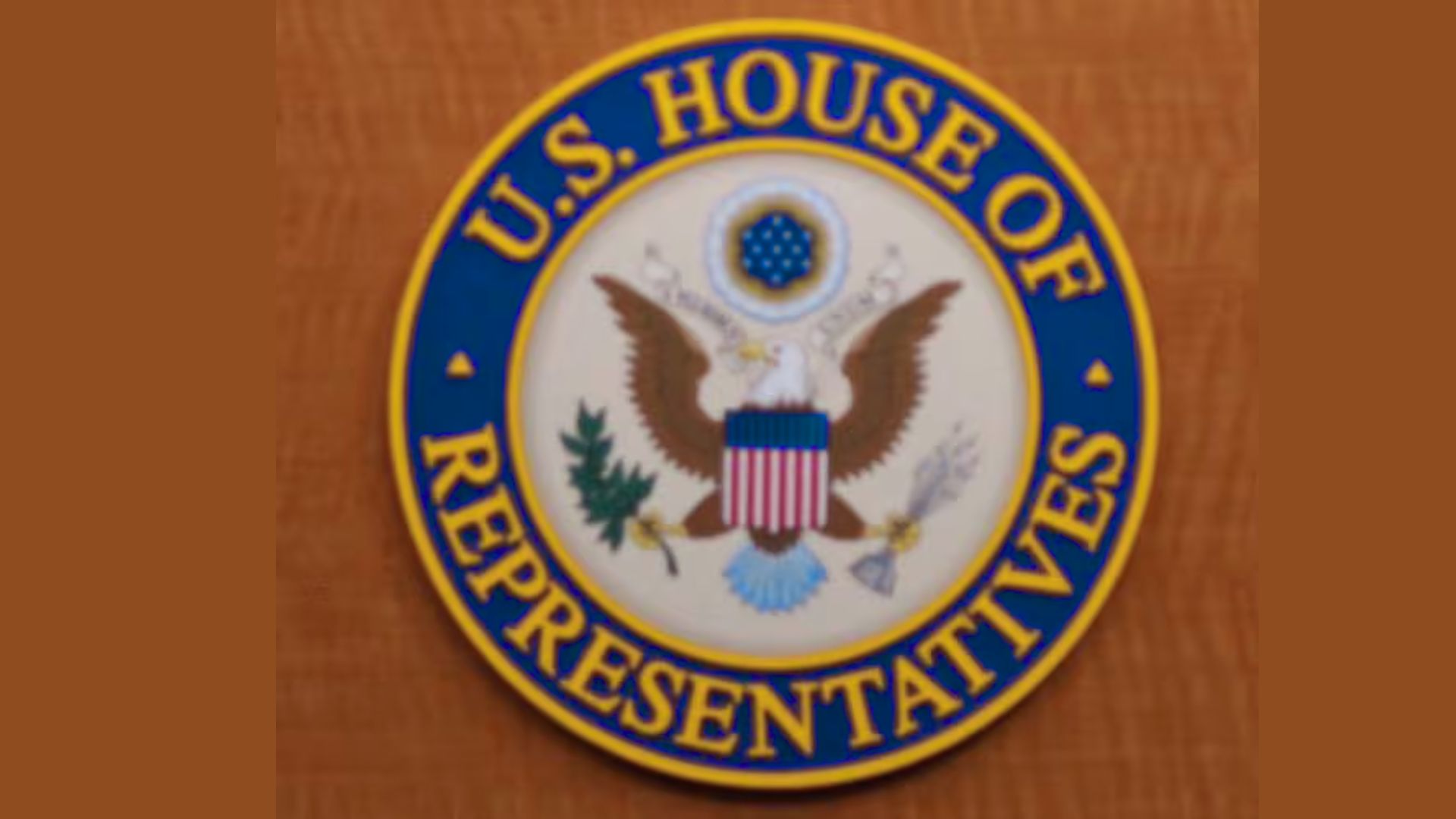

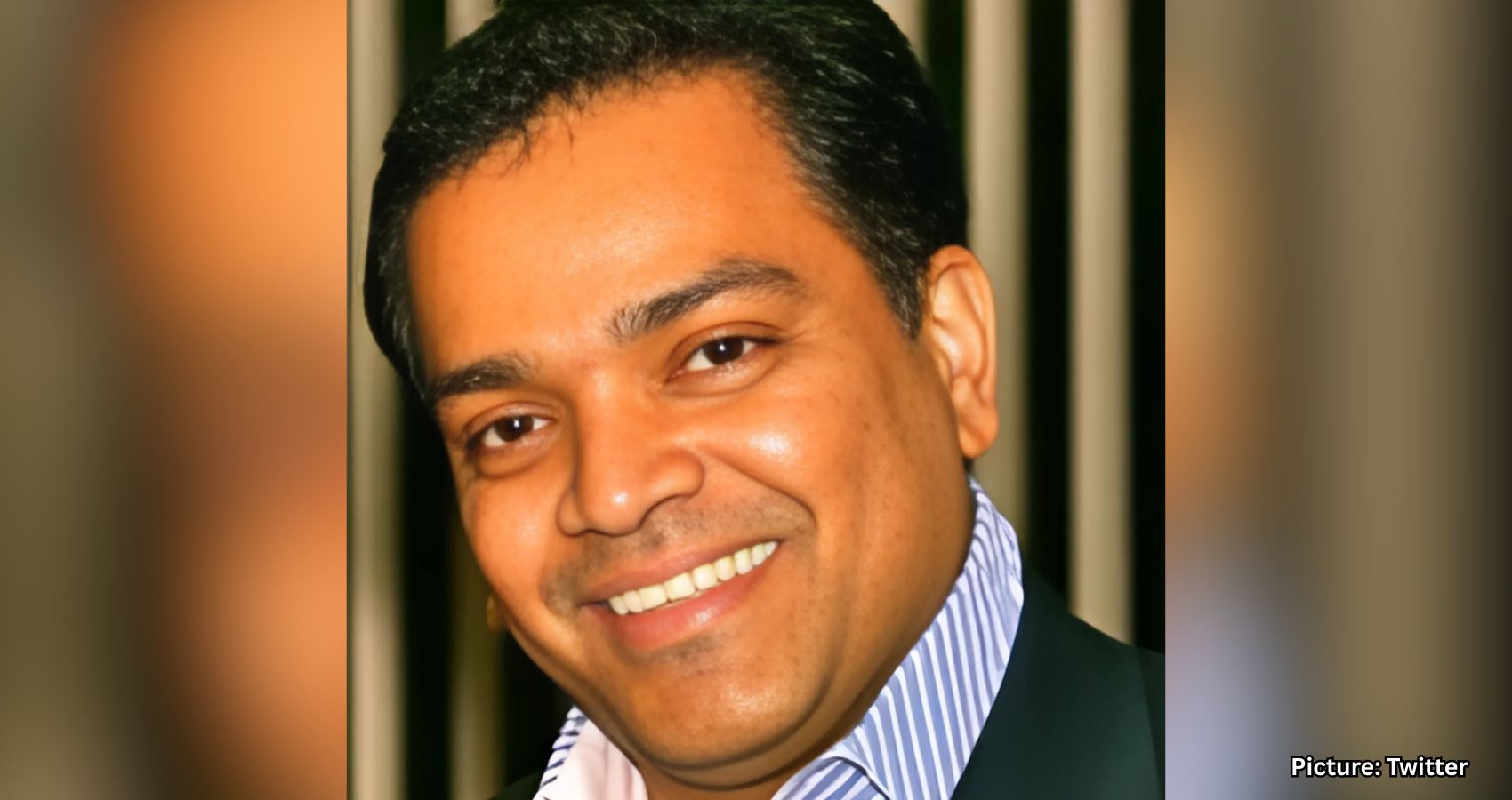


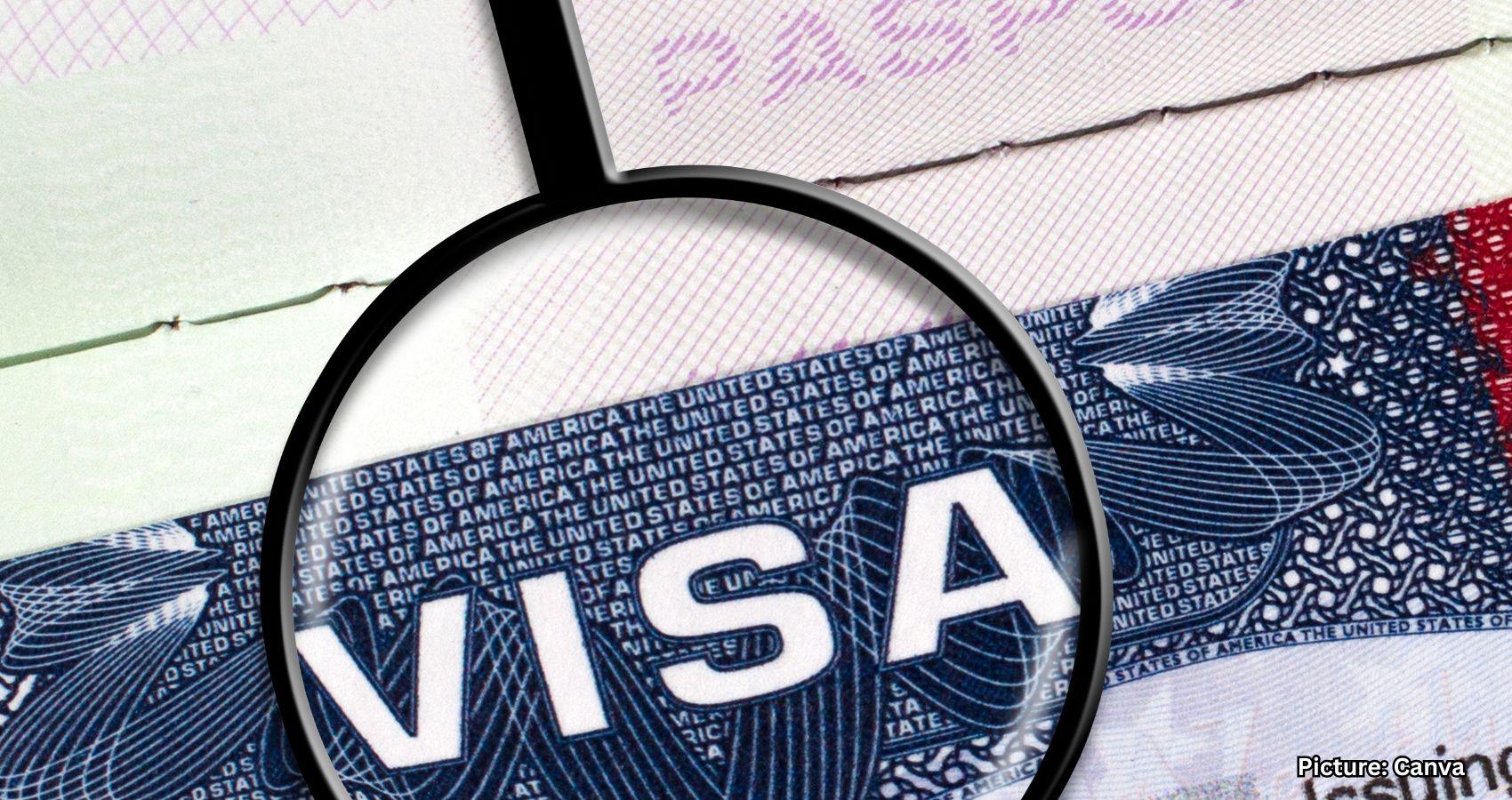
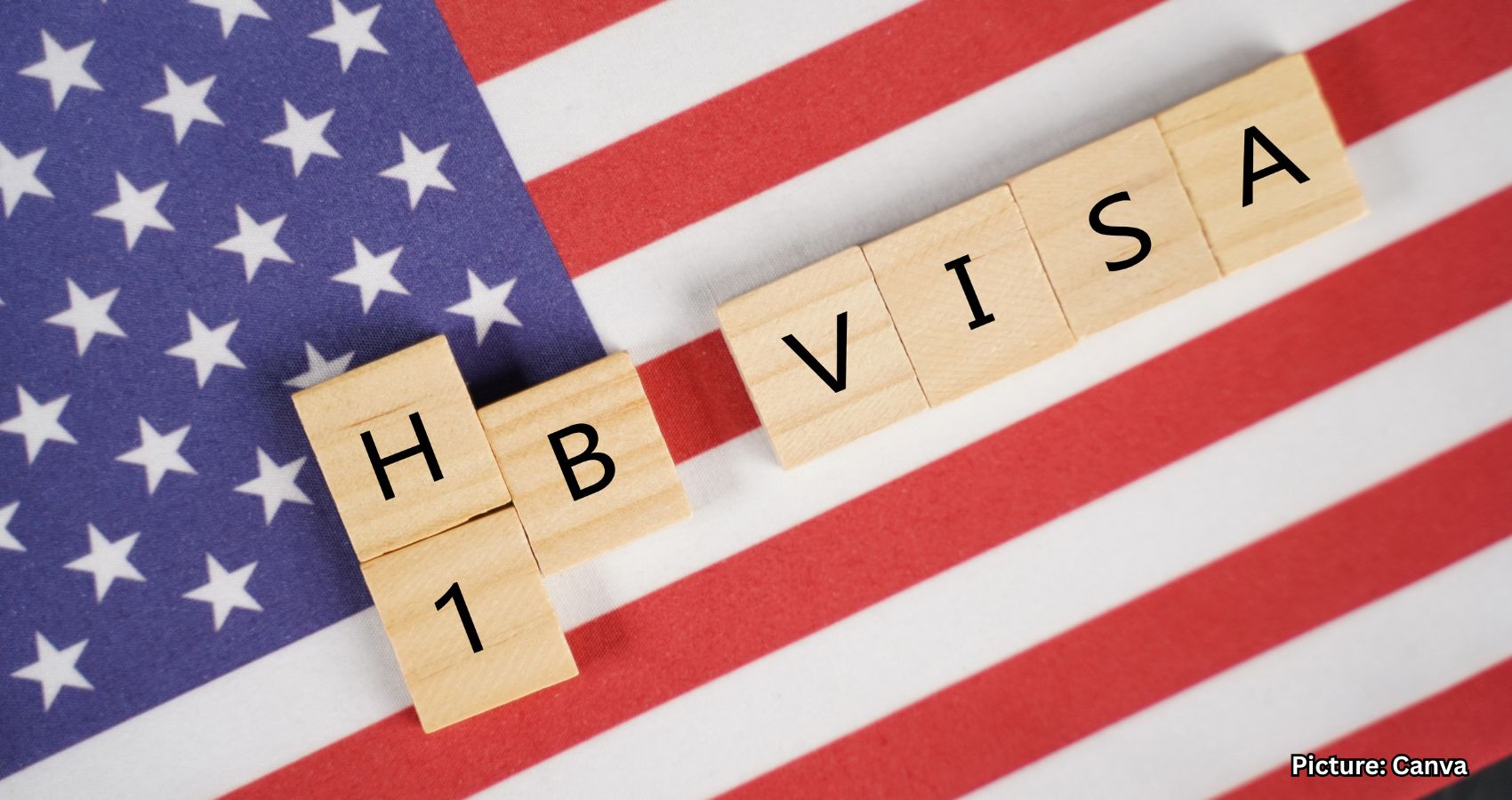

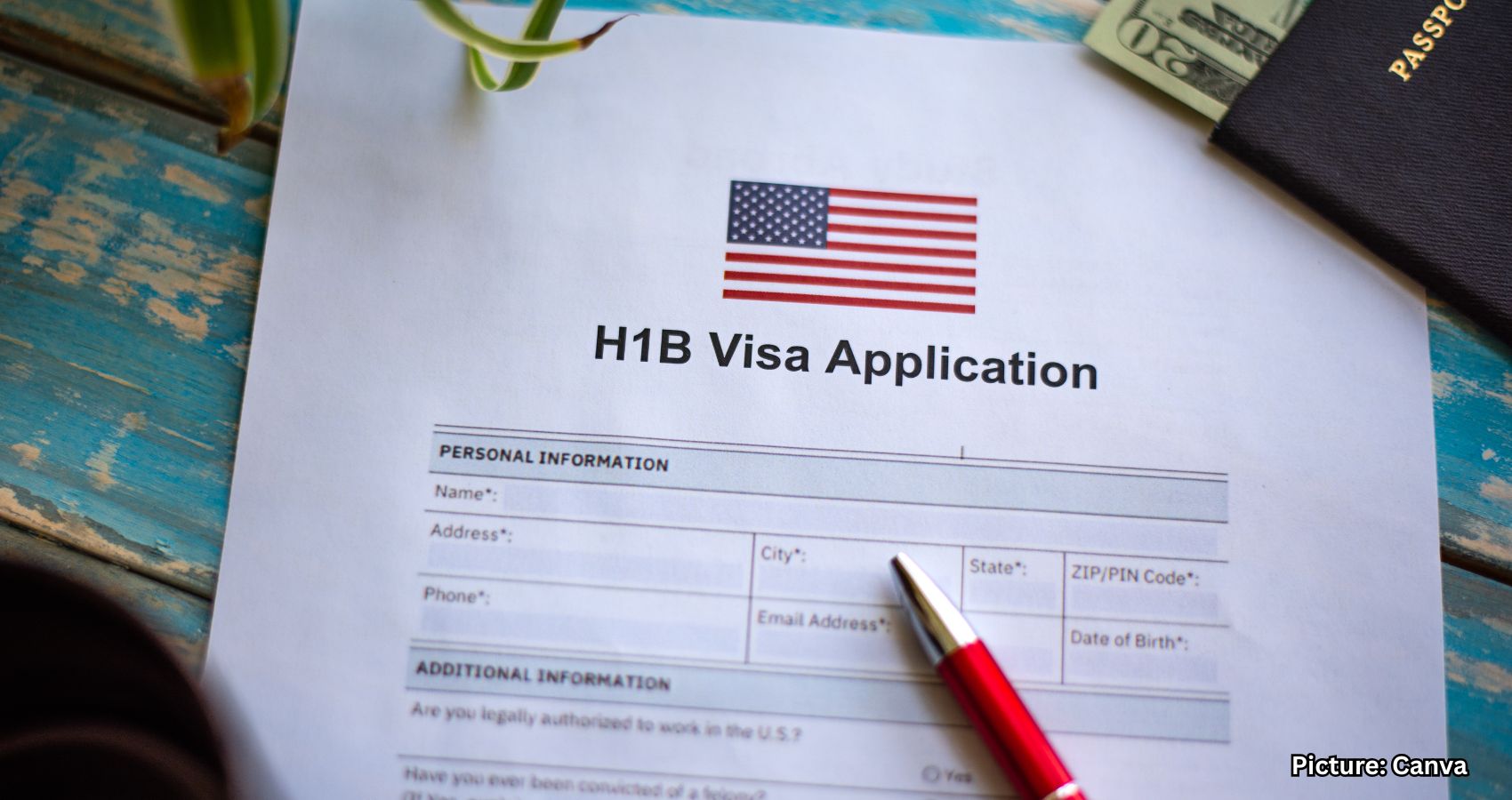
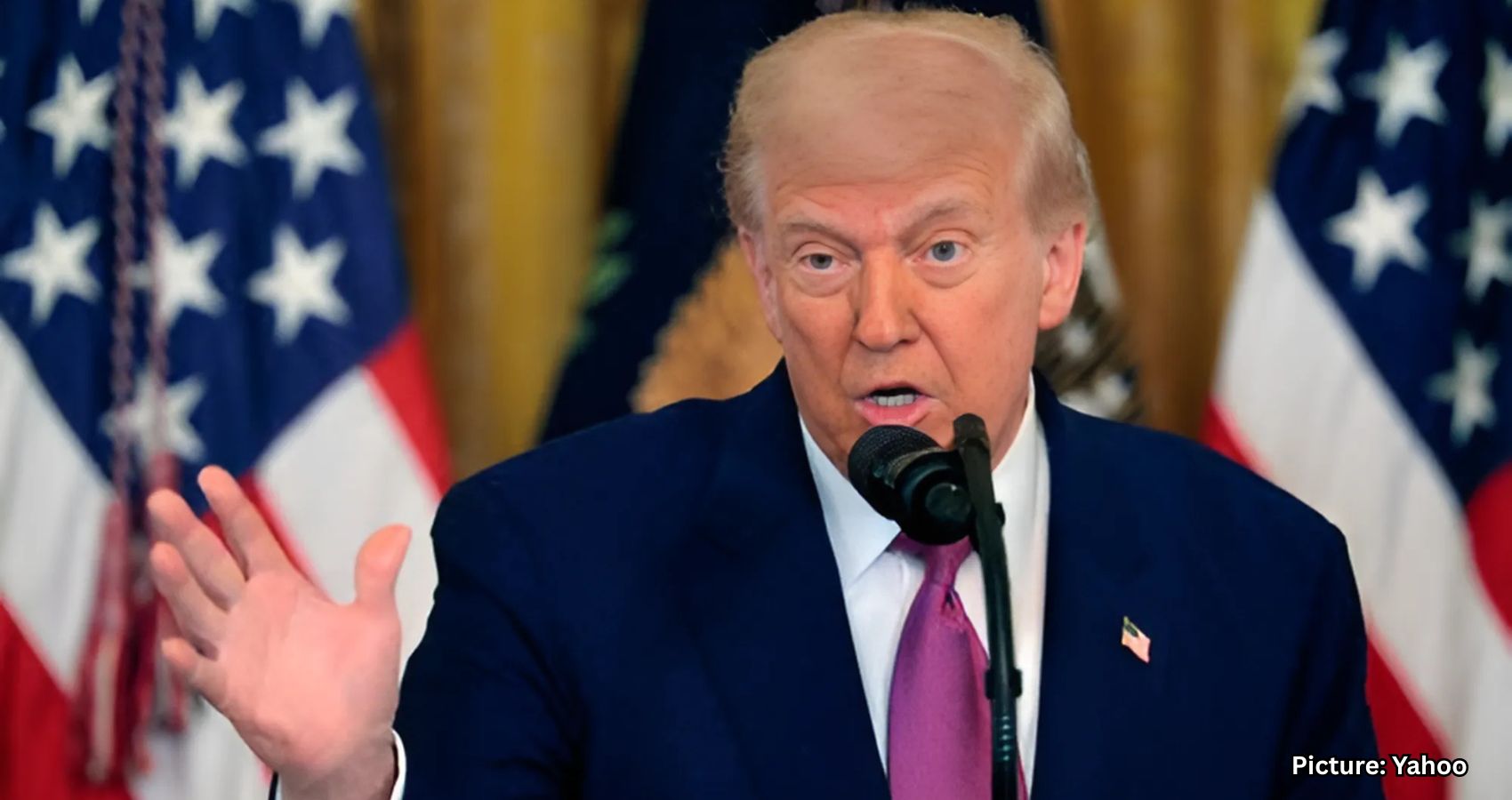
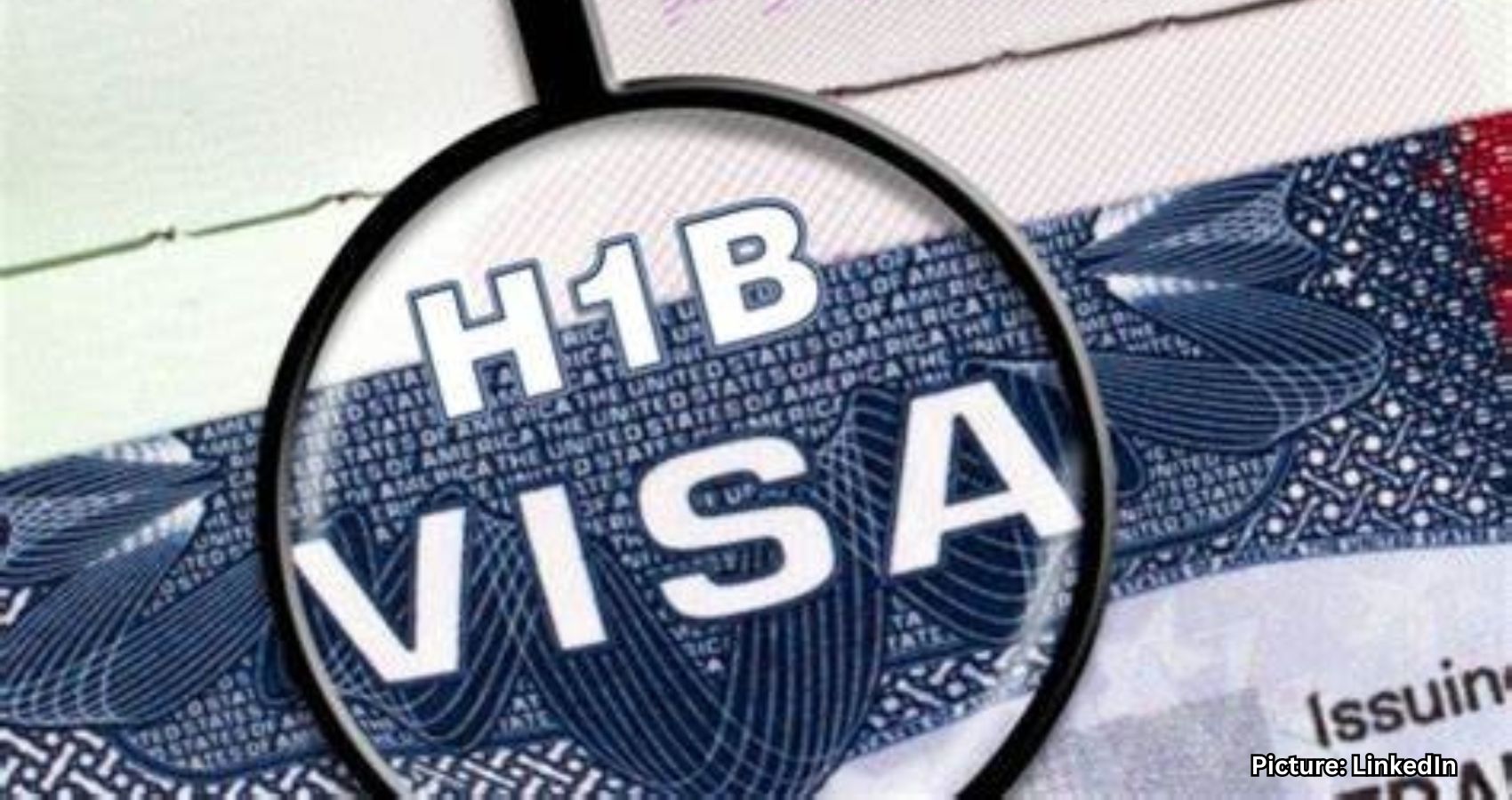
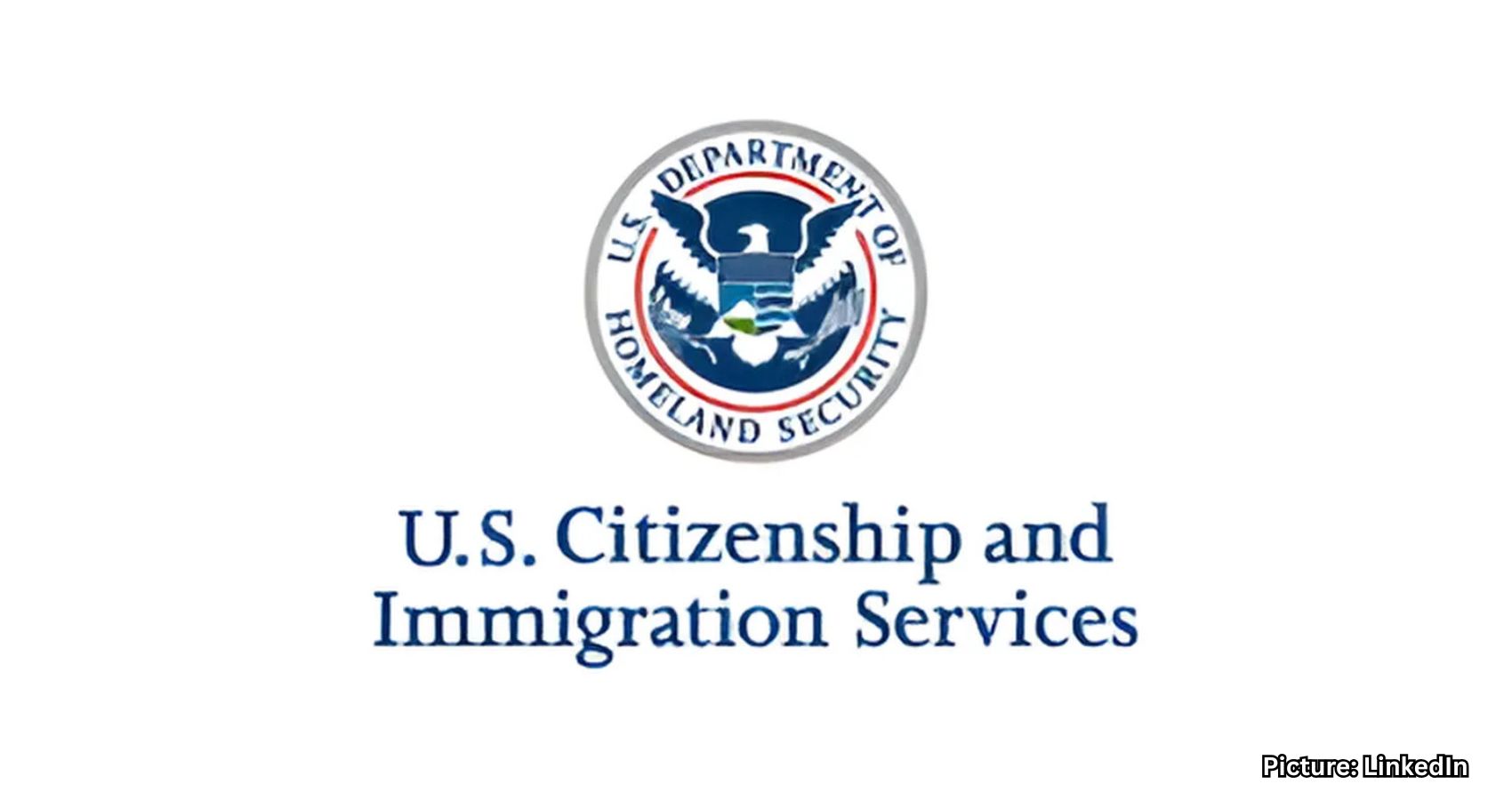
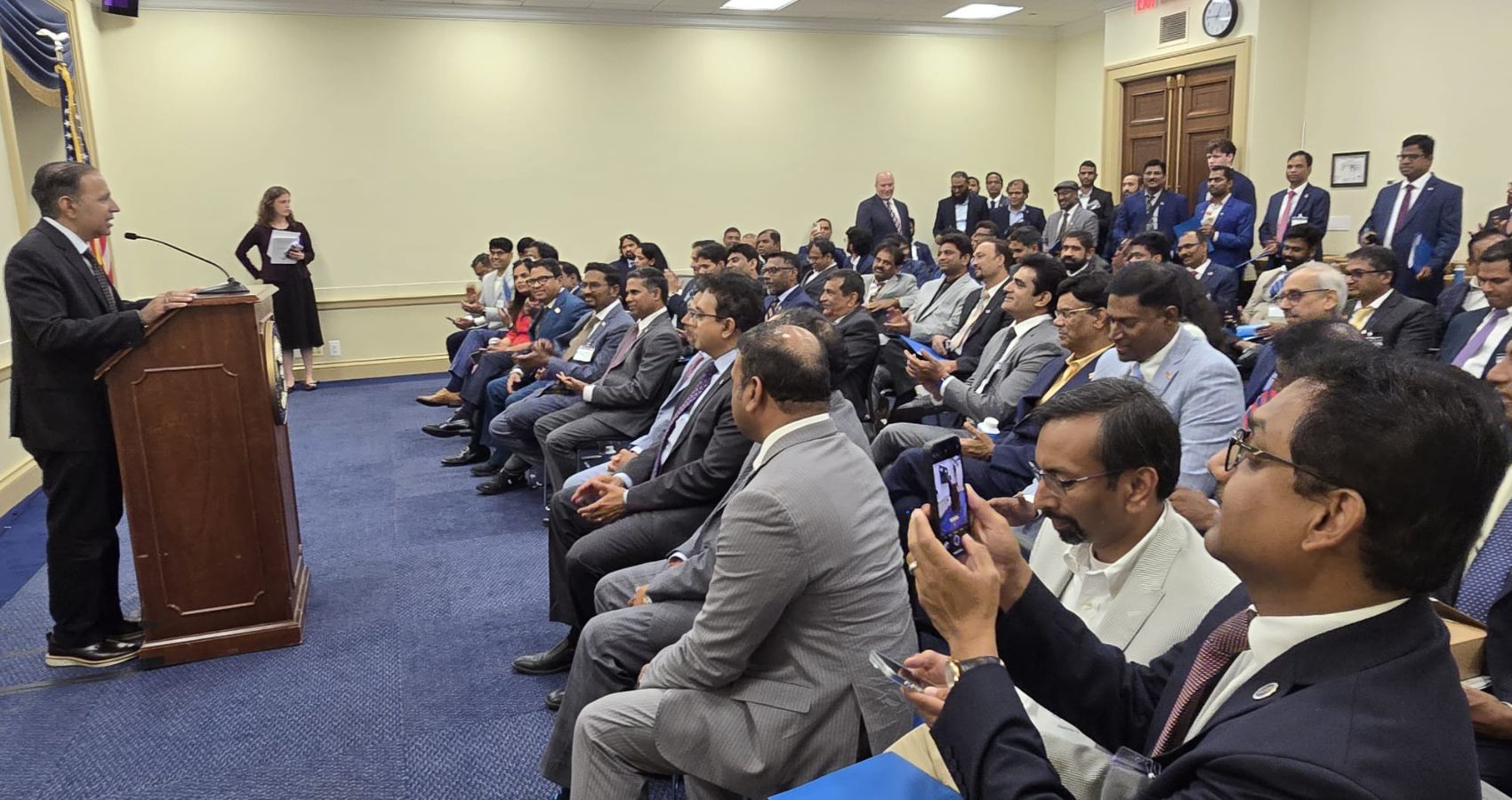
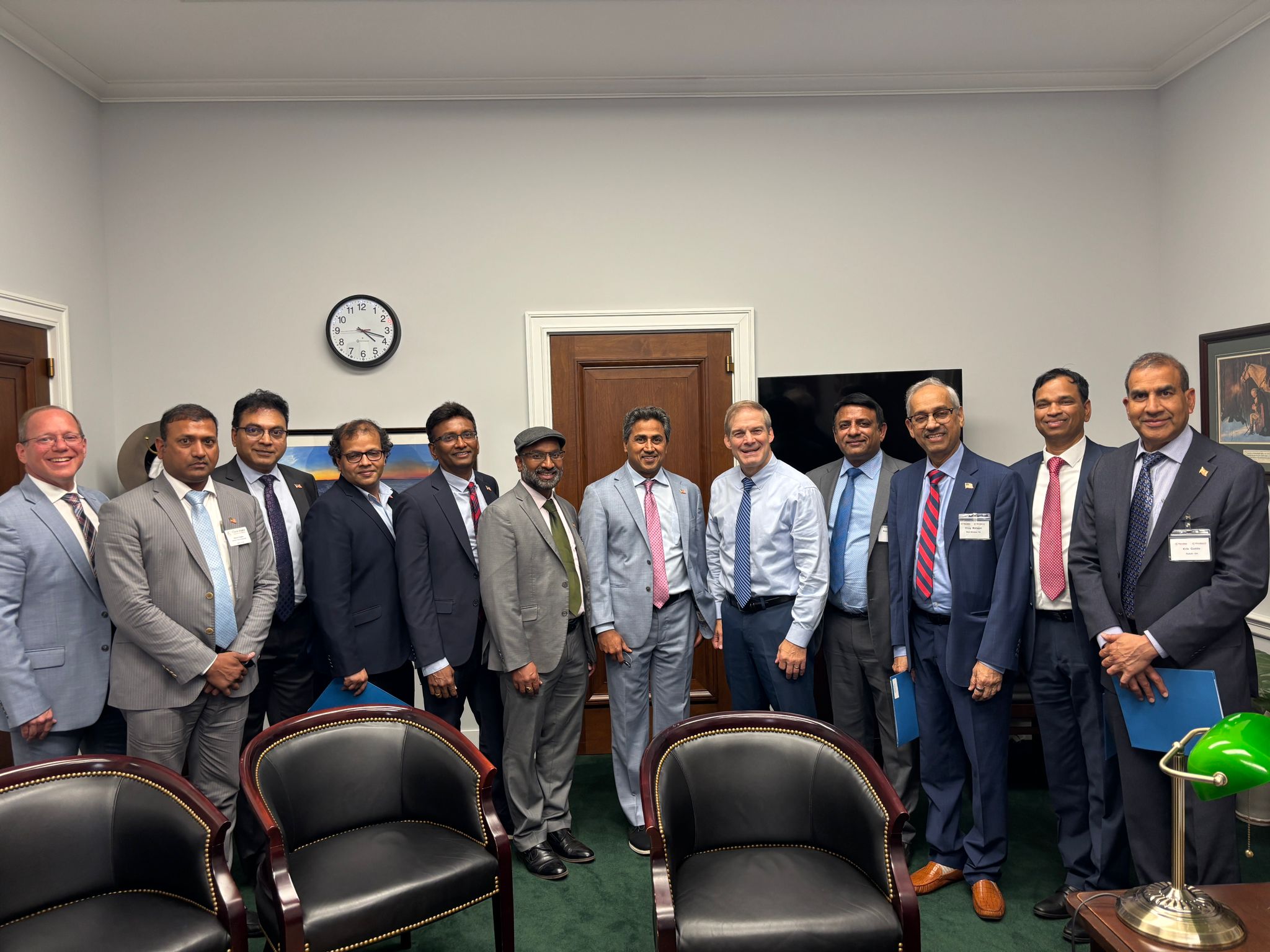 ITServe Alliance leaders met with Rep. Jim Jordan, a Republican Congressman representing Ohio’s 4th District. The powerful Chairman of the House
ITServe Alliance leaders met with Rep. Jim Jordan, a Republican Congressman representing Ohio’s 4th District. The powerful Chairman of the House 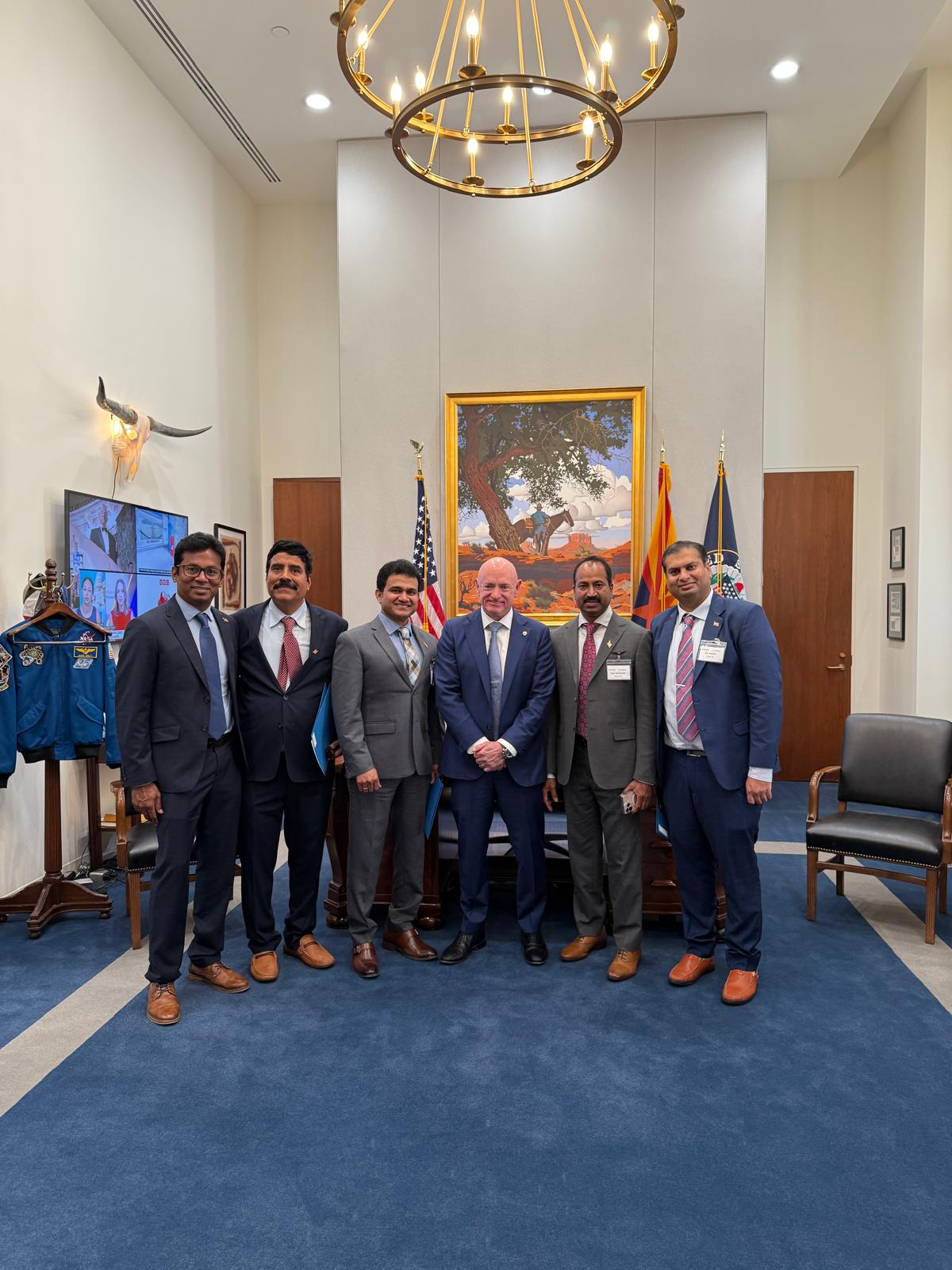
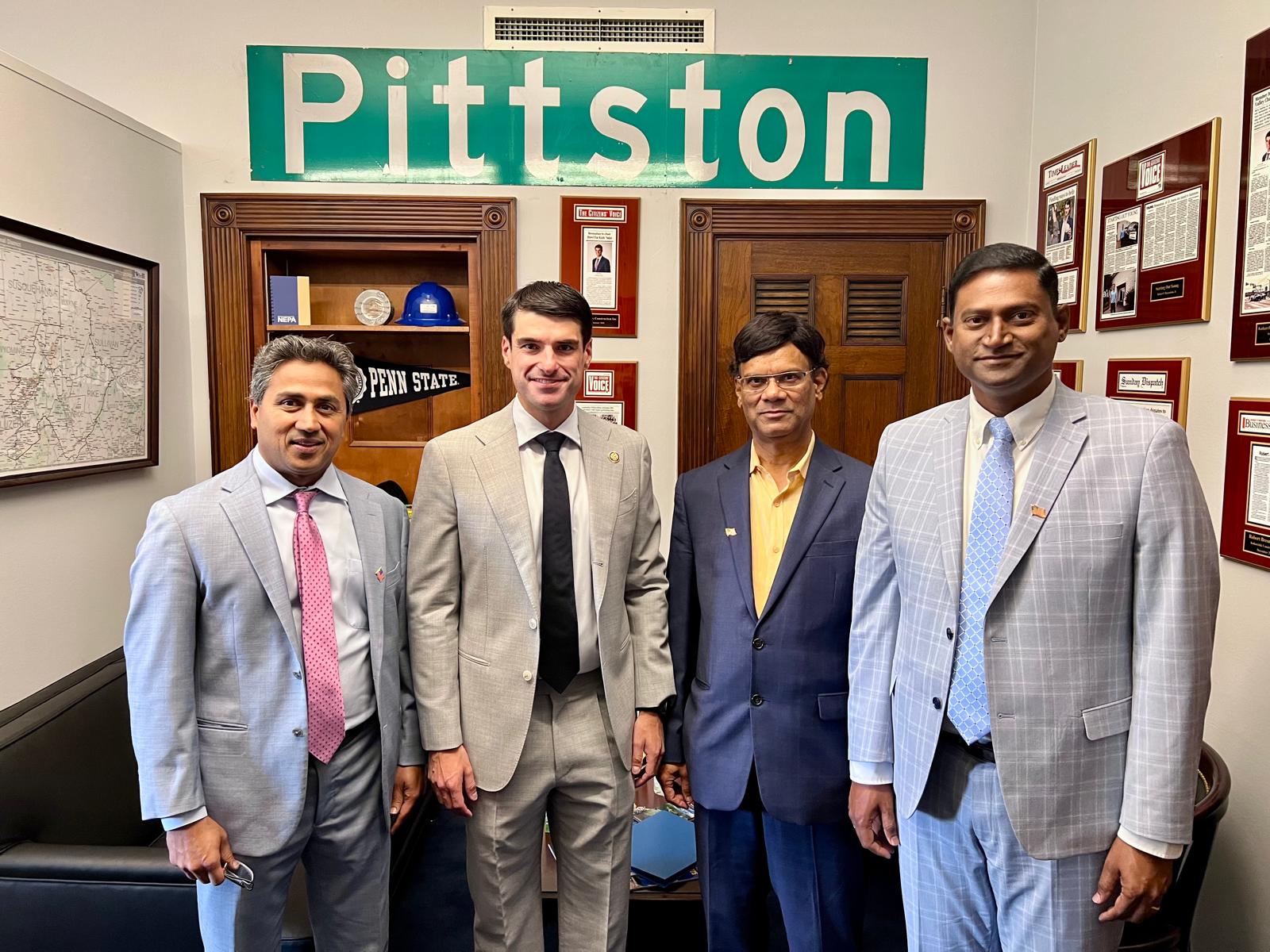 ITServe supports the HIRE ACT Bill (High Skilled Immigration Reform for Employment). Innovation, STEM education, and avoiding brain drain are the highlights of the Bill. Another area, where ITServe has focused is the STEM Program to promote the “American Ingenuity Account” to fund State-administered grants for STEM education and worker training. Enhancing the current H1B CAP limits – from 65,000 to 130,000 per year has been a major area where ITServe has placed its efforts in recent years.
ITServe supports the HIRE ACT Bill (High Skilled Immigration Reform for Employment). Innovation, STEM education, and avoiding brain drain are the highlights of the Bill. Another area, where ITServe has focused is the STEM Program to promote the “American Ingenuity Account” to fund State-administered grants for STEM education and worker training. Enhancing the current H1B CAP limits – from 65,000 to 130,000 per year has been a major area where ITServe has placed its efforts in recent years.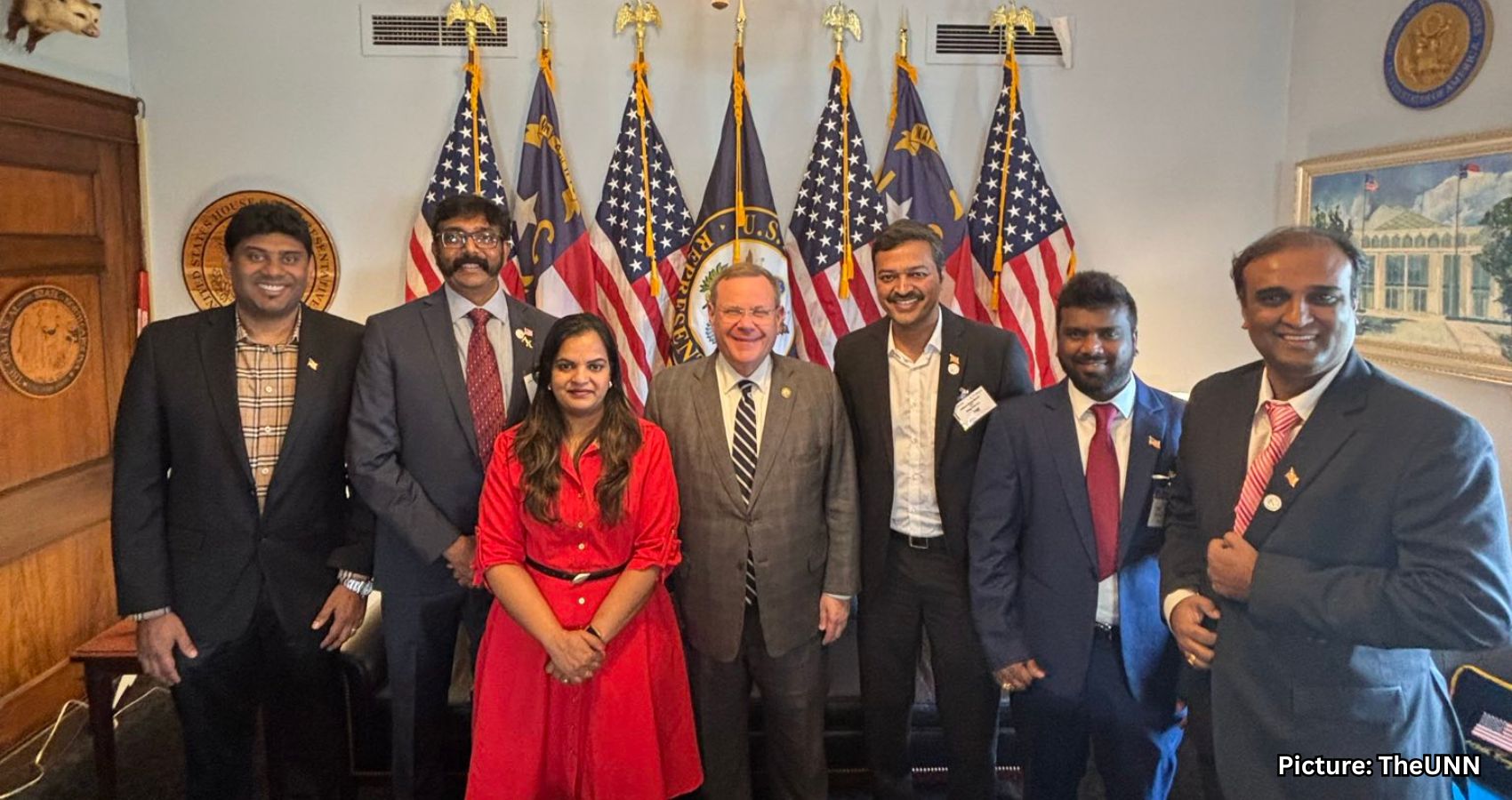 “The ITServe Alliance is consistently working to protect its members’ needs. To that end, ITServe Alliance, through its PAC teams, advocated on Capitol Hill and with the US Administration. Capitol Hill Day serves as a perfect platform to communicate our collective voice with key policymakers on important issues to our members,” added Amar Varada, ITServe Governing Board member.
“The ITServe Alliance is consistently working to protect its members’ needs. To that end, ITServe Alliance, through its PAC teams, advocated on Capitol Hill and with the US Administration. Capitol Hill Day serves as a perfect platform to communicate our collective voice with key policymakers on important issues to our members,” added Amar Varada, ITServe Governing Board member.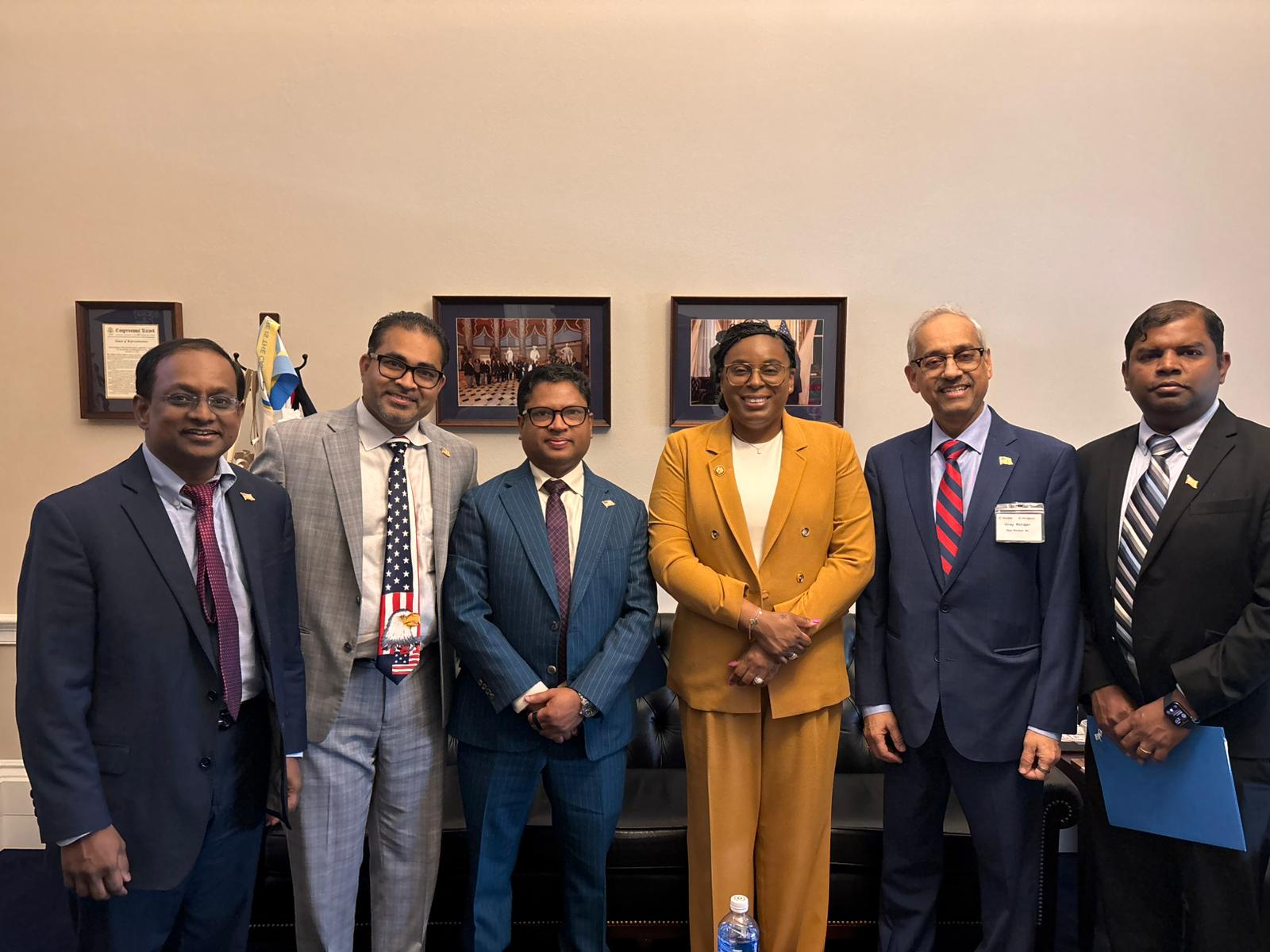
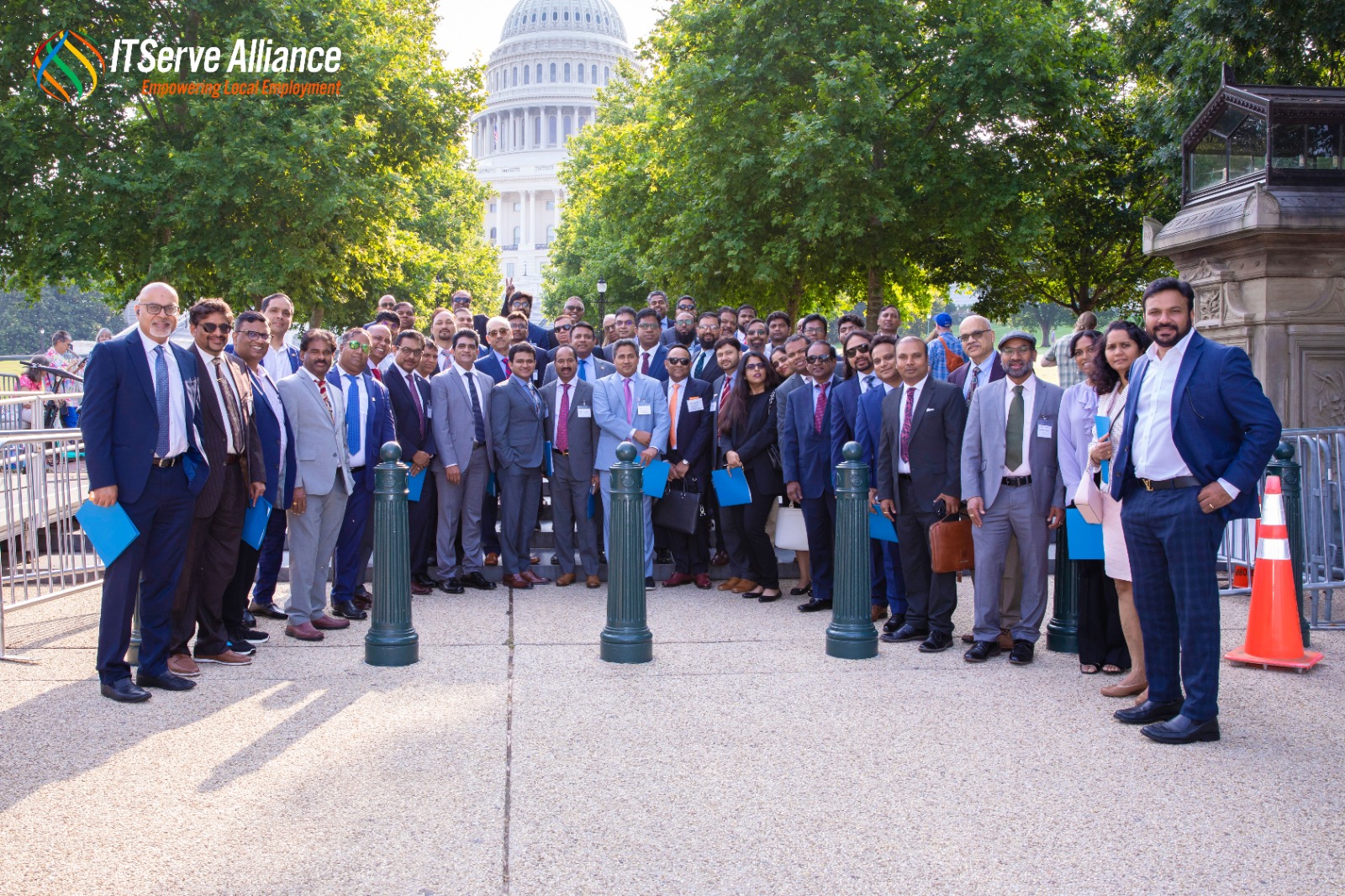 Rep. Krishnamoorthy lauded the contributions of ITServe members to the nation. He said, “I look at you today. You chose Team America. You come here and bless this country with your gifts, with your talents, with your energy, with your ideas, with your industry, with your ability to make it happen. And that’s what you did. You made your company, you hired people, you created jobs. And that’s what you’re trying to do over and over and over again. You’re trying to replicate that success.”
Rep. Krishnamoorthy lauded the contributions of ITServe members to the nation. He said, “I look at you today. You chose Team America. You come here and bless this country with your gifts, with your talents, with your energy, with your ideas, with your industry, with your ability to make it happen. And that’s what you did. You made your company, you hired people, you created jobs. And that’s what you’re trying to do over and over and over again. You’re trying to replicate that success.”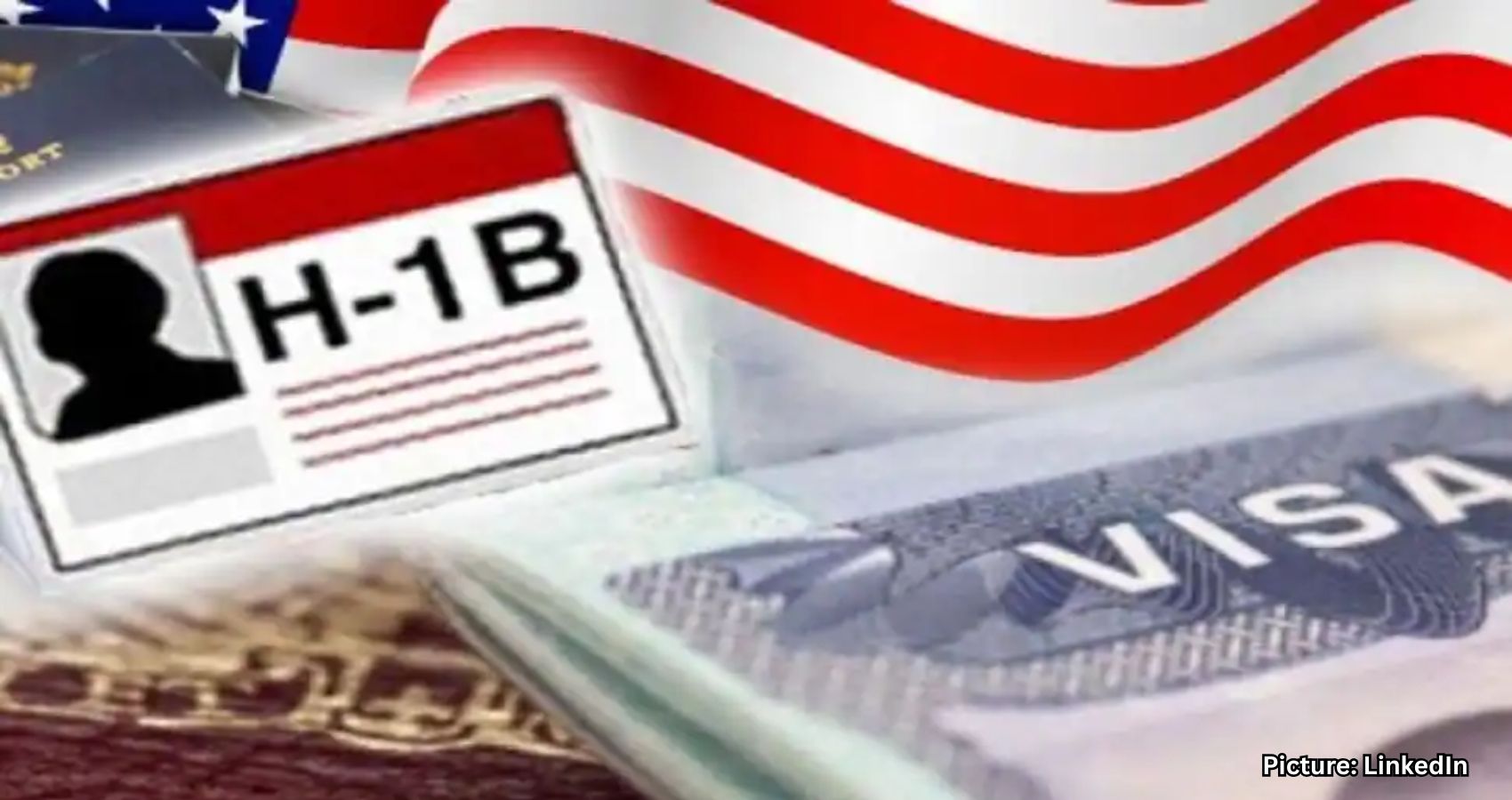
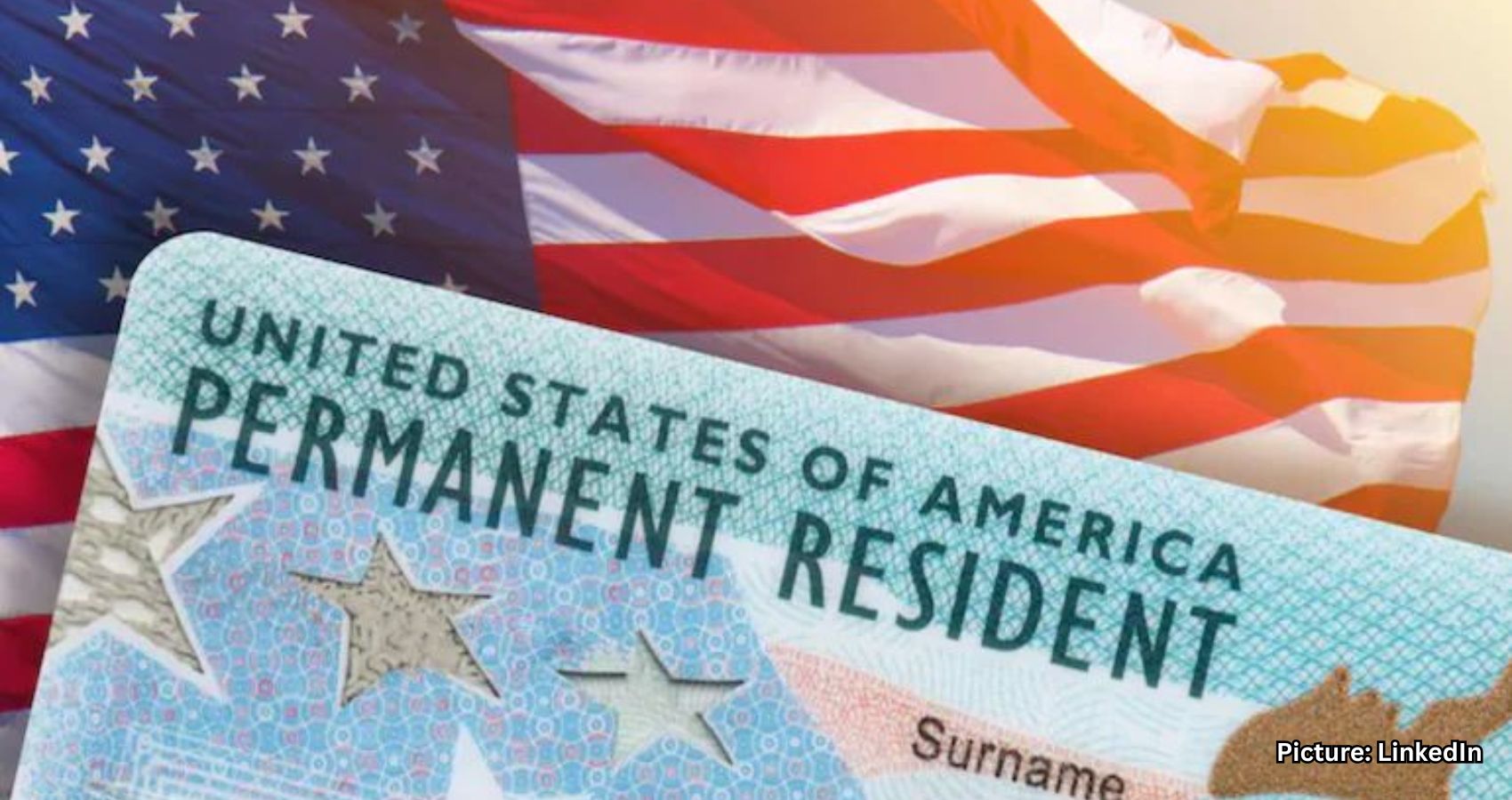
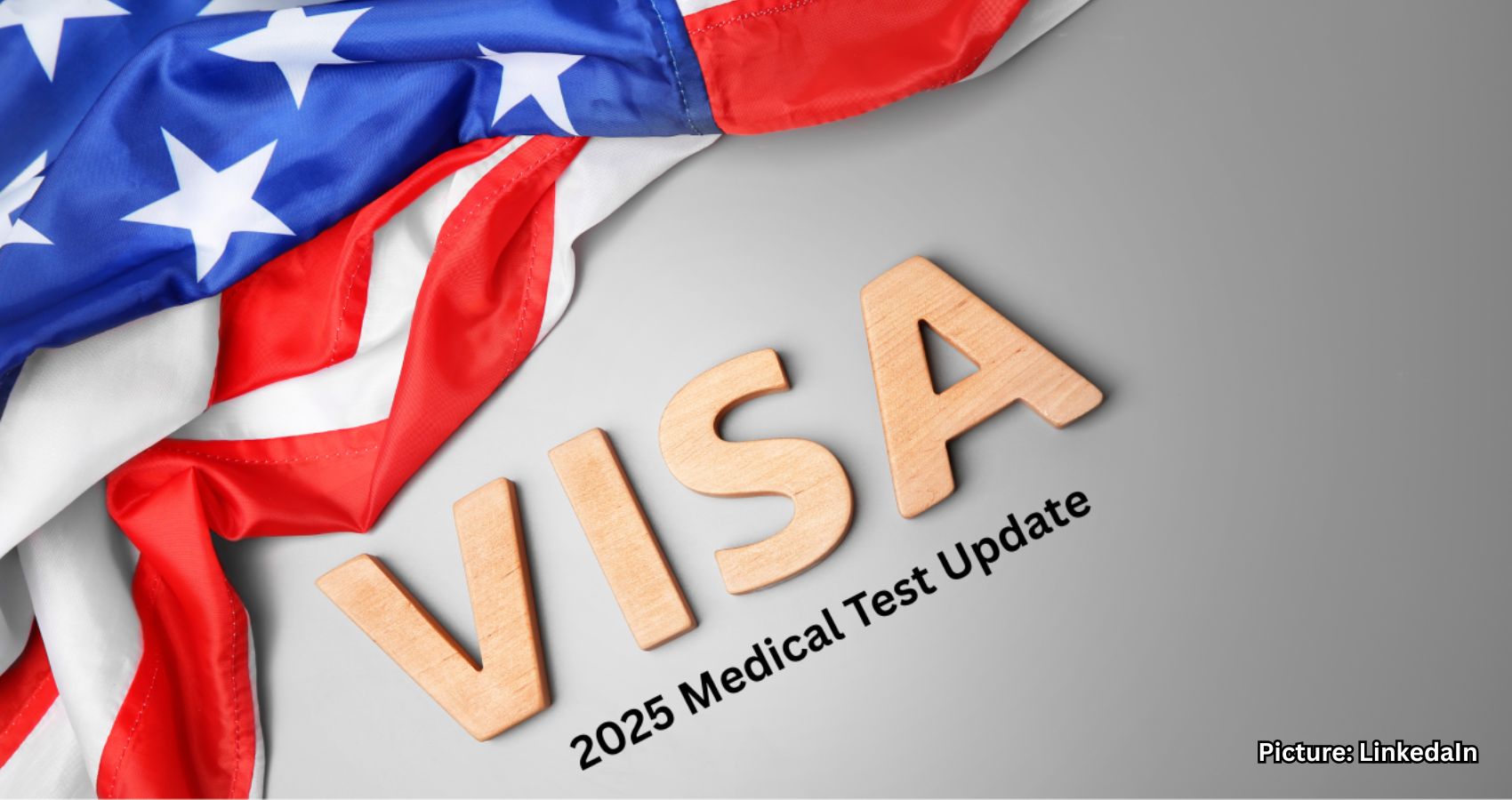
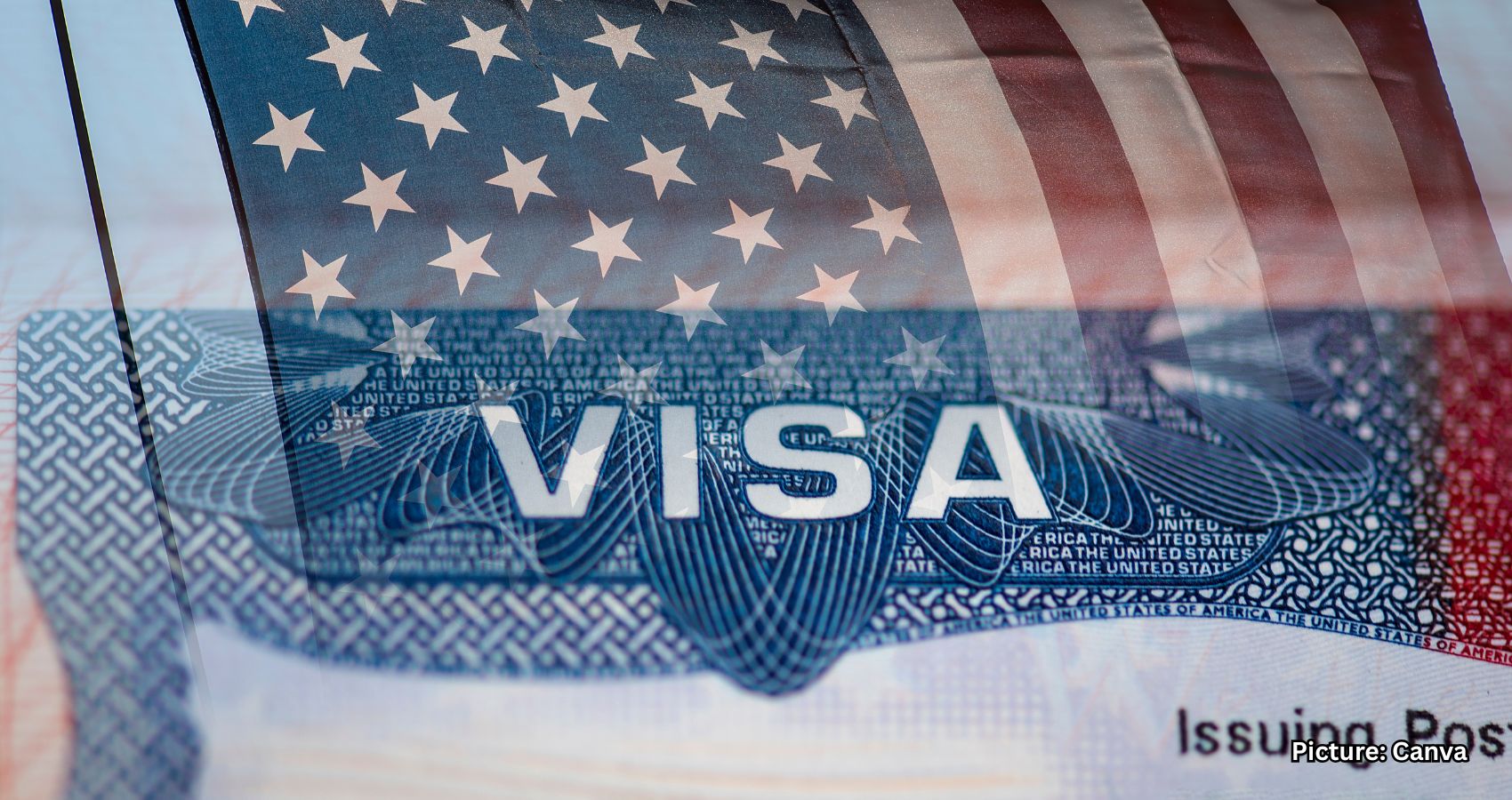
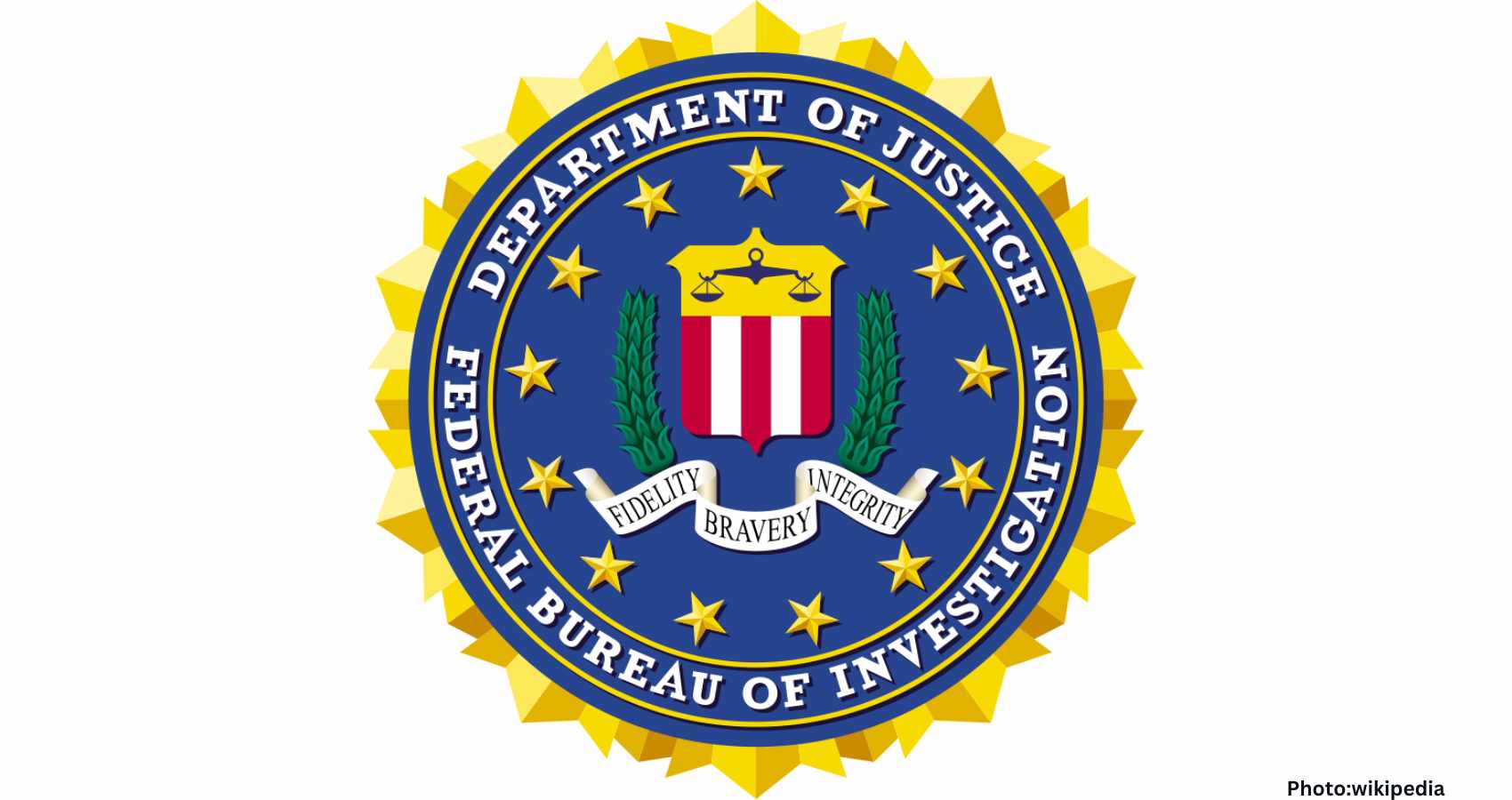
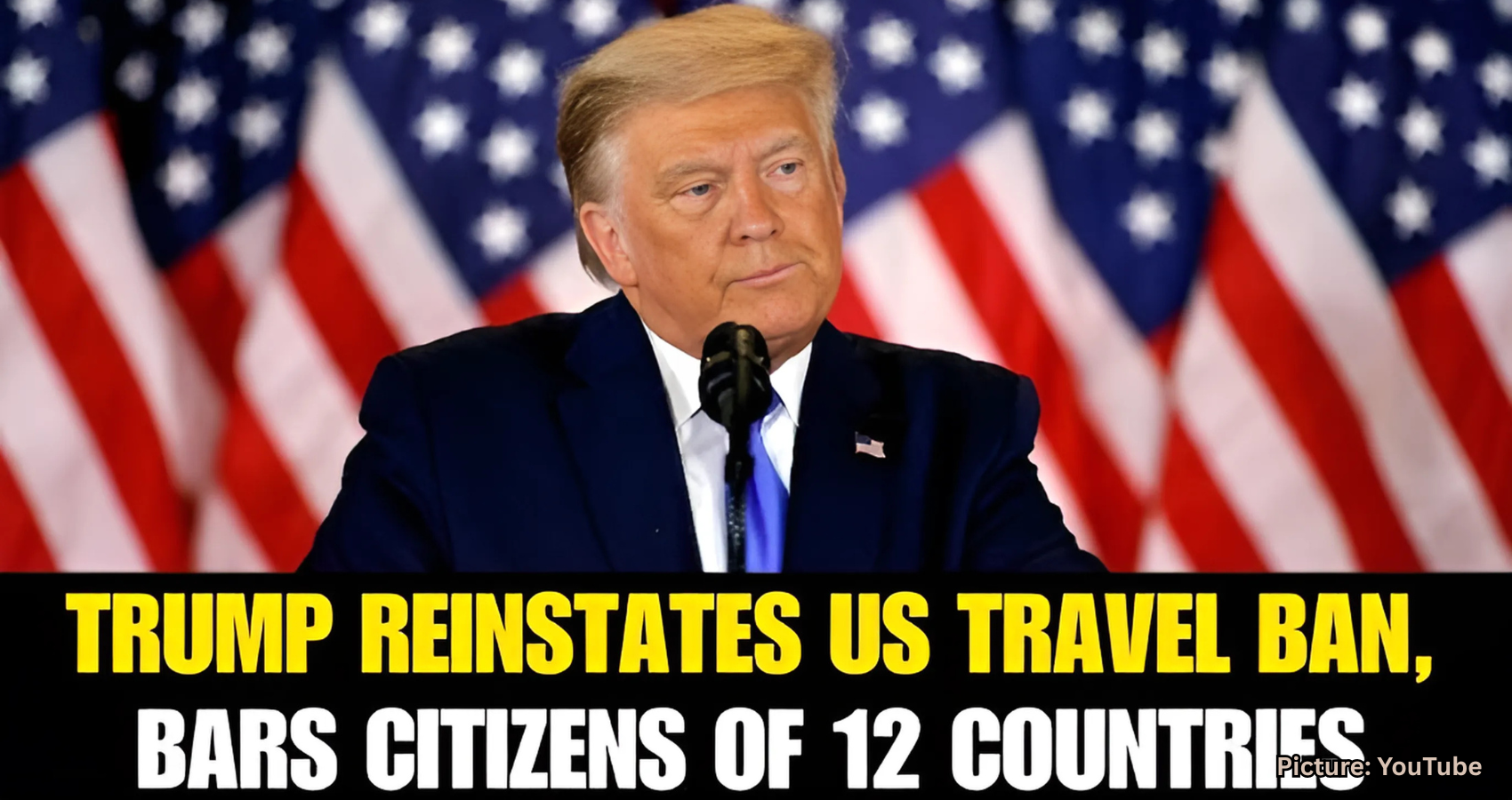
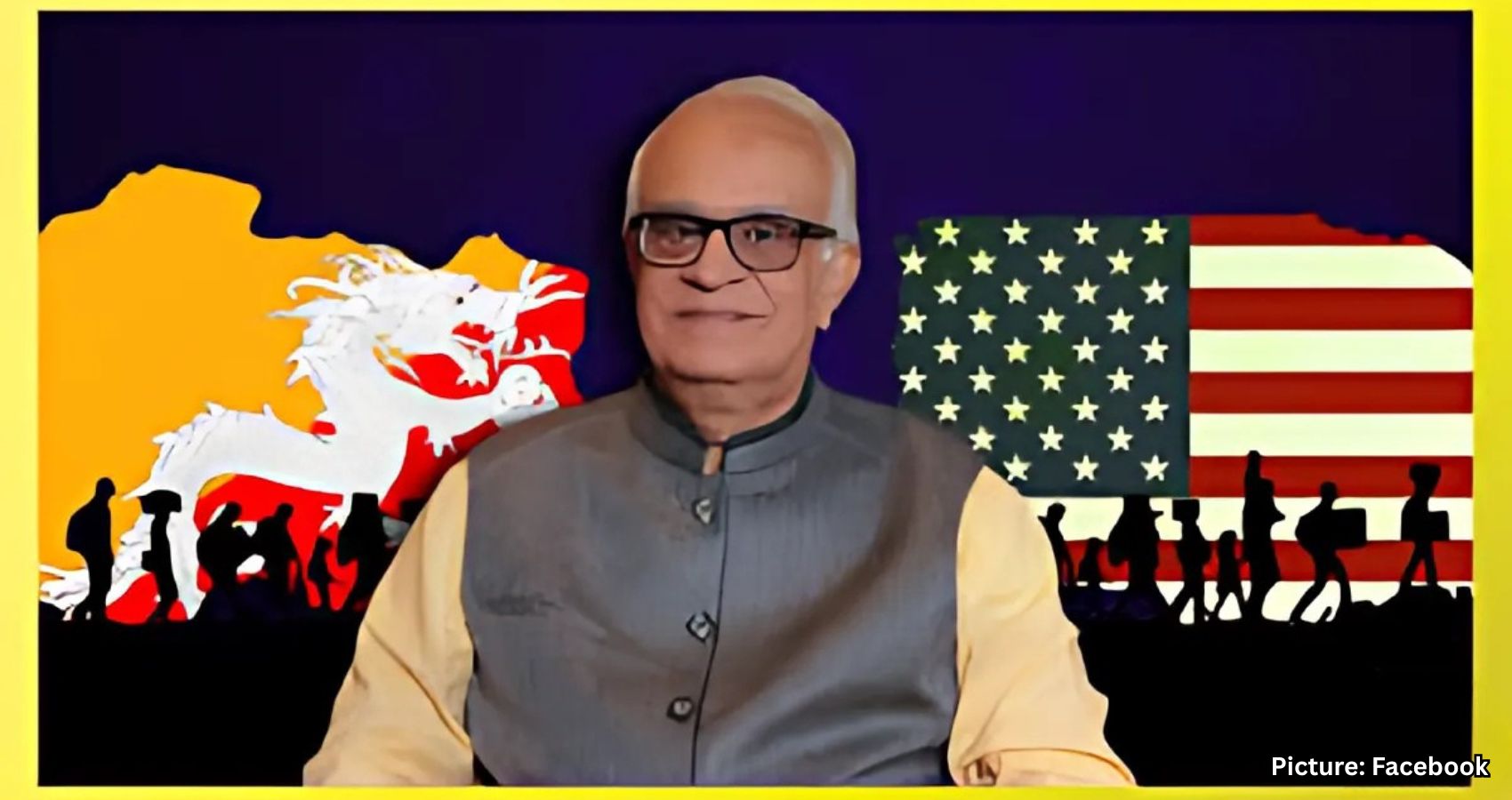
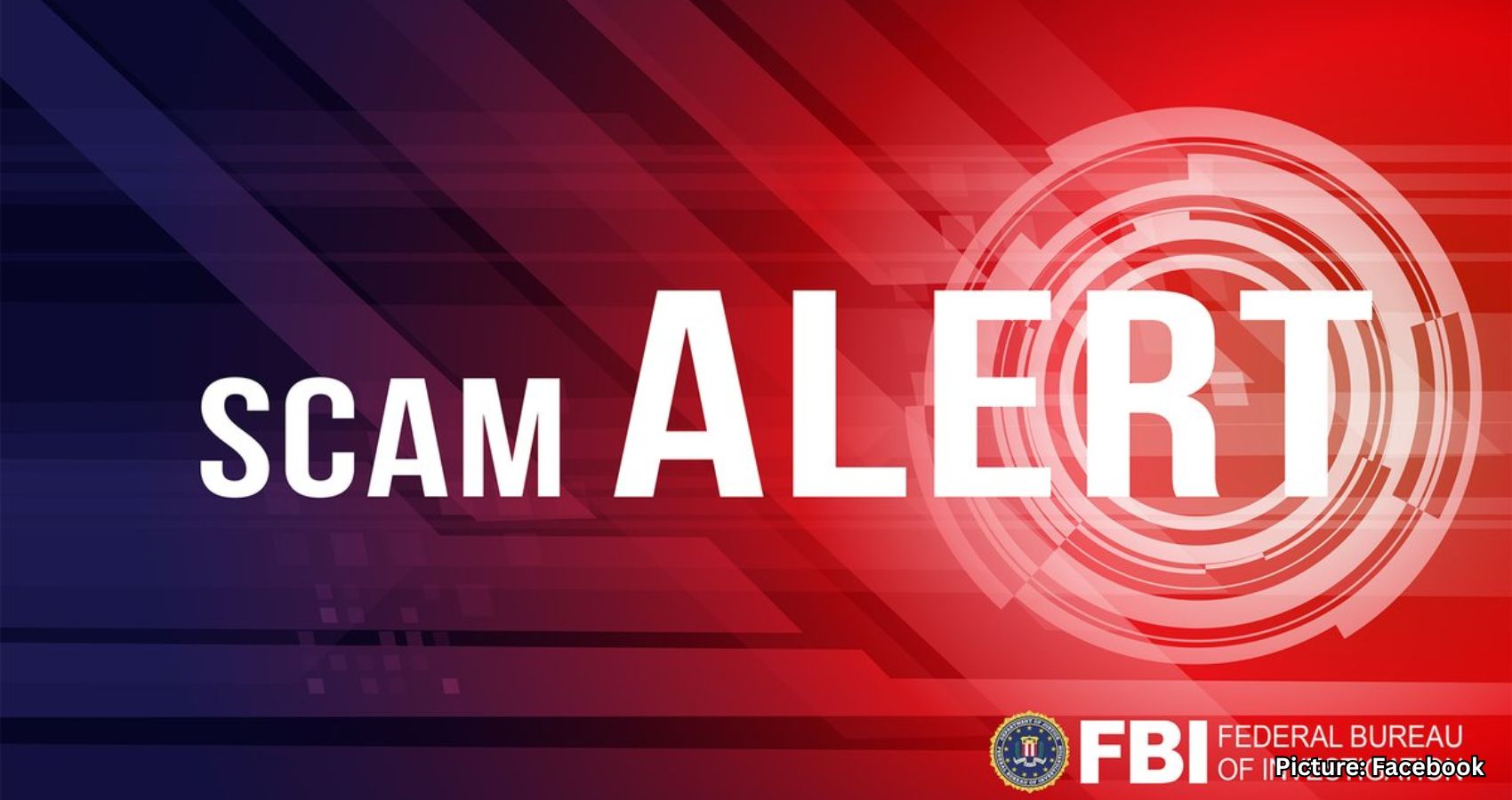

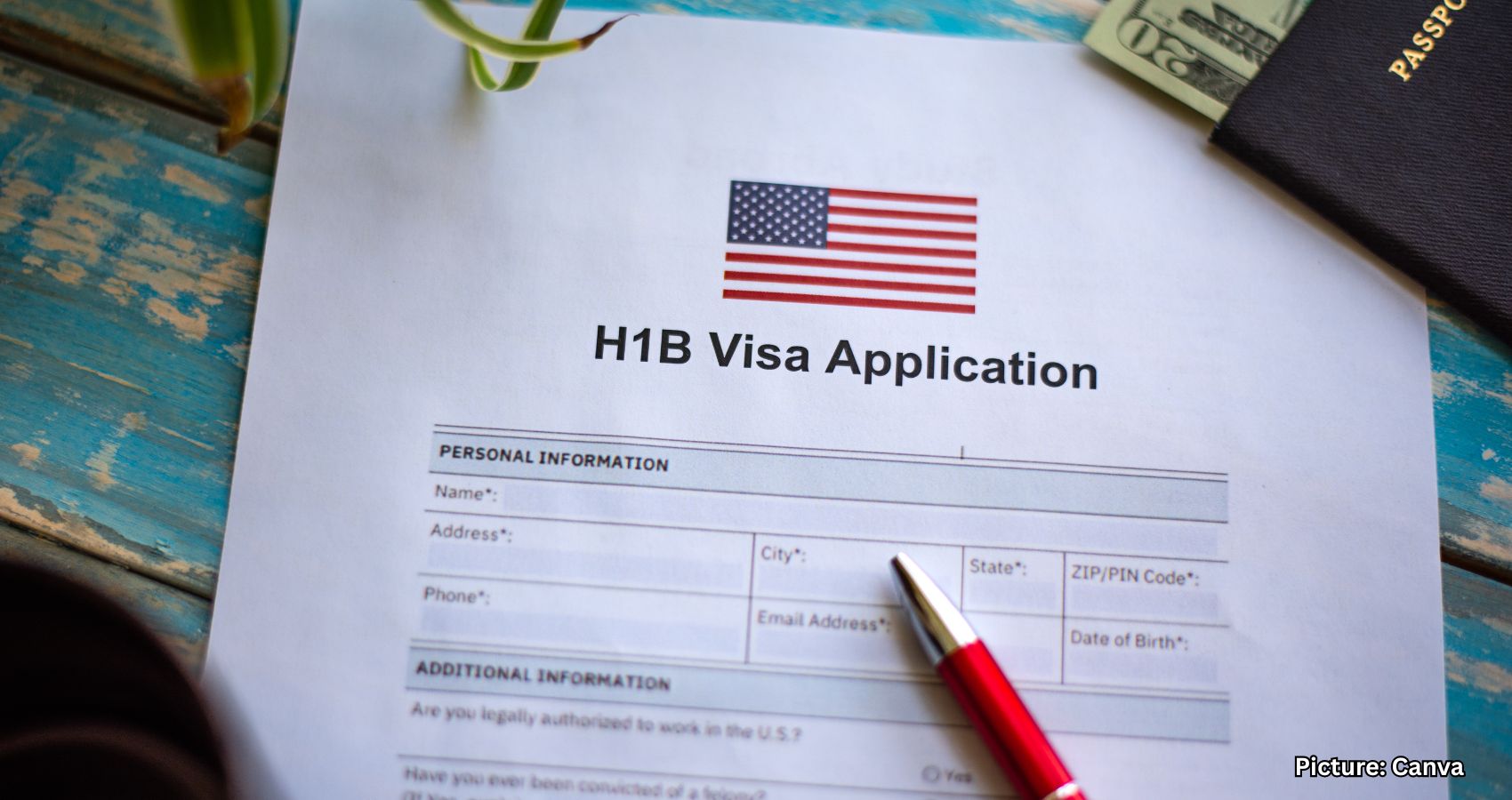







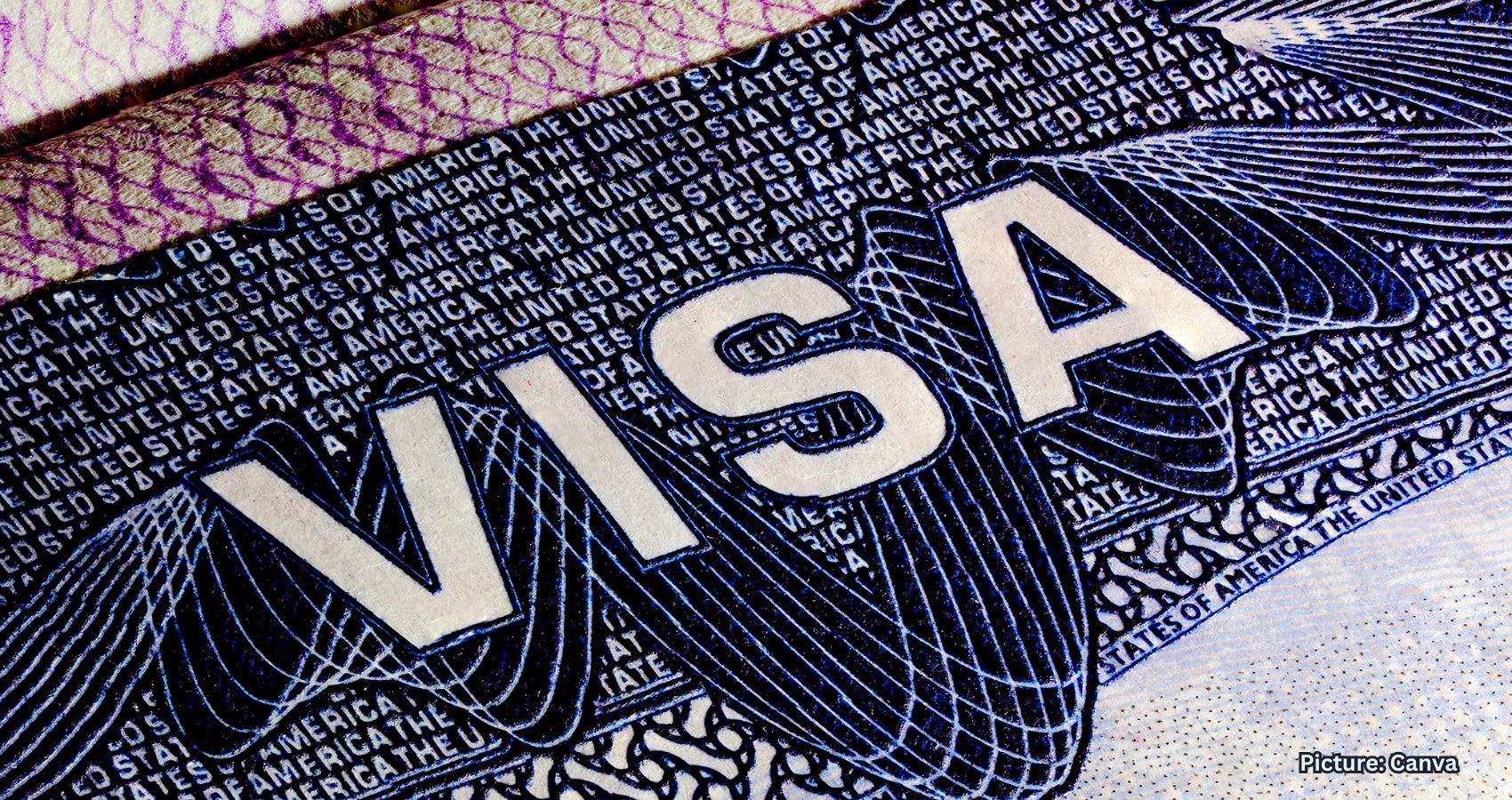

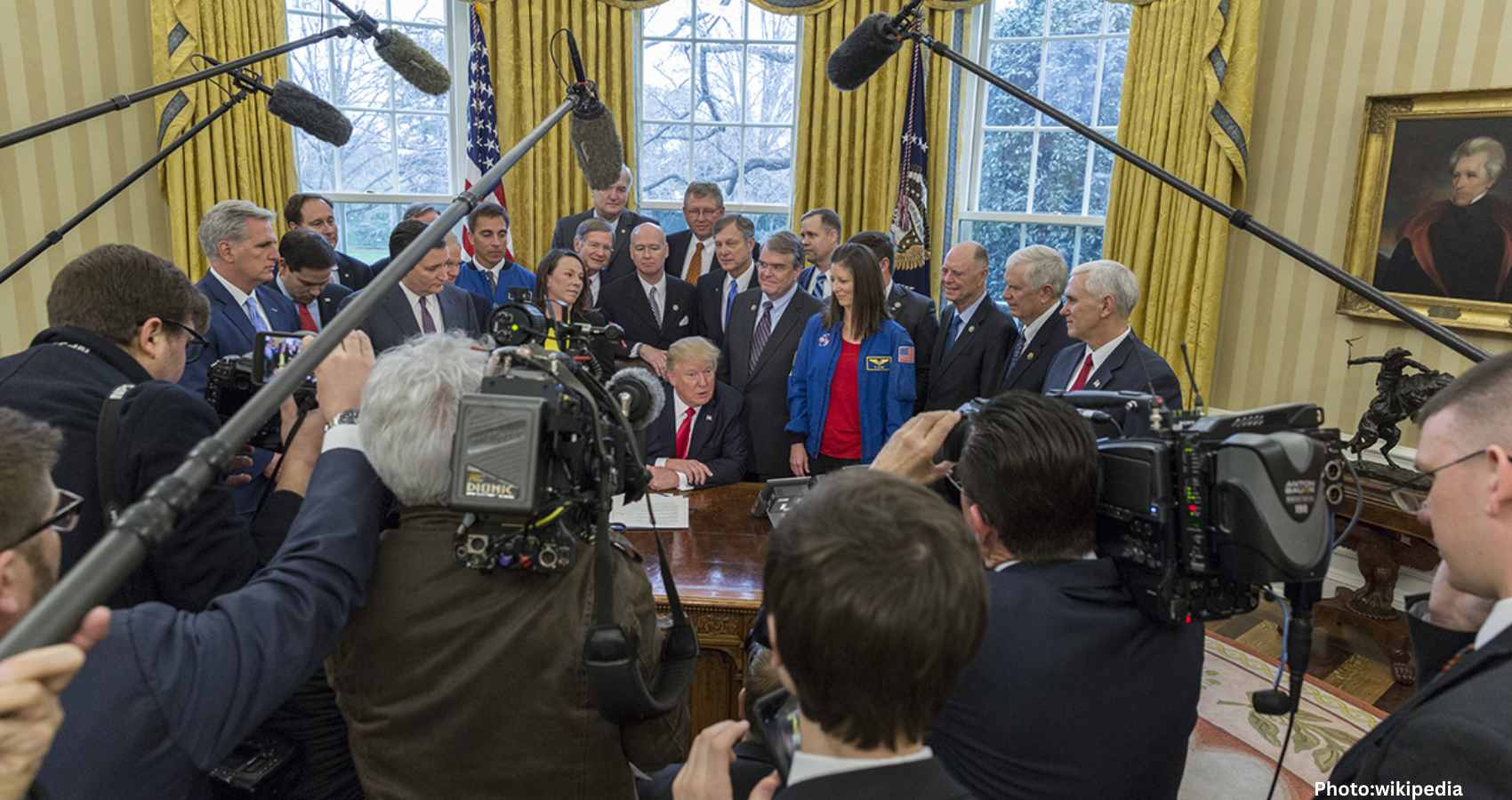

 “AAPI Legislative Day is a flagship annual event that is eagerly awaited to rekindle and renew our energy in bringing up the issues that we need to bring to the attention of national policy makers and leaders of the US Congress on Capitol Hill,” said Dr. Amit Chakrabarty, president-elect of AAPI. “It is a tradition of nearly three decades, which has brought many important transformations in National Healthcare policies that have helped Physicians of Indian Origin. Now, it is the need of the day to renew our friendship with new leadership under President Donald Trump and Vice President J D Vance and brief the Congressional leadership on issues that are important to us.”
“AAPI Legislative Day is a flagship annual event that is eagerly awaited to rekindle and renew our energy in bringing up the issues that we need to bring to the attention of national policy makers and leaders of the US Congress on Capitol Hill,” said Dr. Amit Chakrabarty, president-elect of AAPI. “It is a tradition of nearly three decades, which has brought many important transformations in National Healthcare policies that have helped Physicians of Indian Origin. Now, it is the need of the day to renew our friendship with new leadership under President Donald Trump and Vice President J D Vance and brief the Congressional leadership on issues that are important to us.”

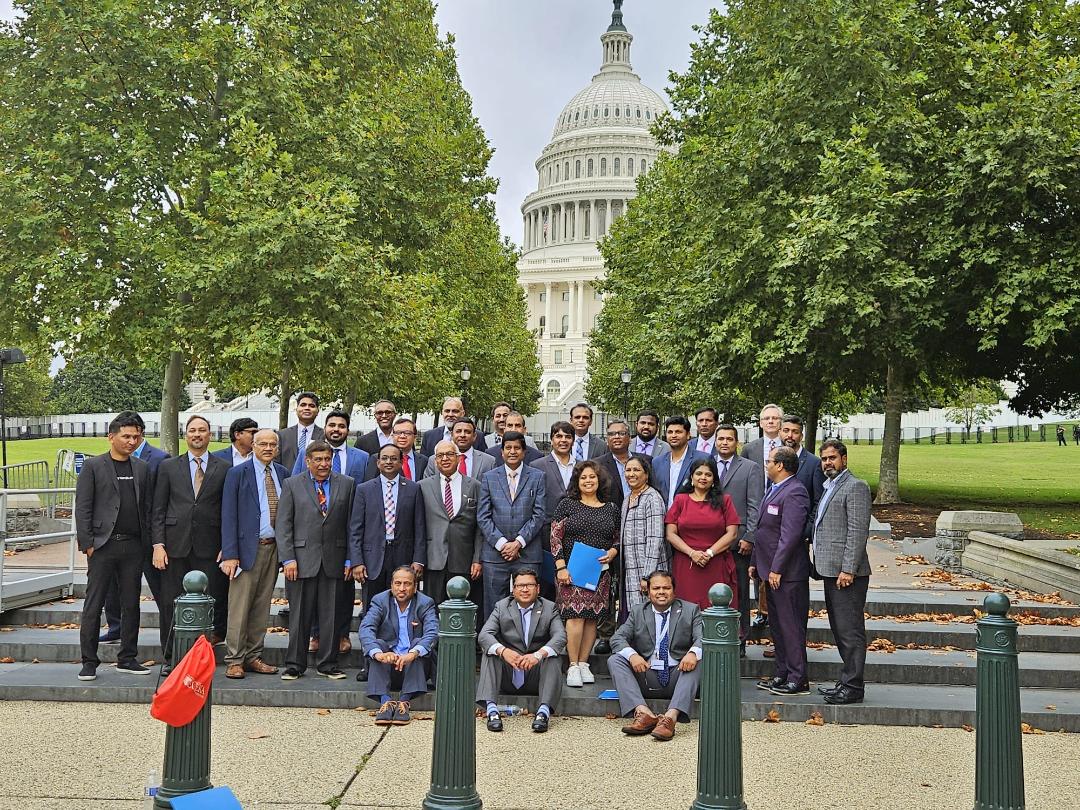 Anju Vallabhaneni, President of ITServe, while emphasizing the importance of Capitol Hill Day, said, “ITServe Alliance’s Capitol Hill Day will serve as a powerful platform in educating policymakers on the issues that are important to our members and the business community, ensuring our needs and views are reflected in policy debates and outcomes.”
Anju Vallabhaneni, President of ITServe, while emphasizing the importance of Capitol Hill Day, said, “ITServe Alliance’s Capitol Hill Day will serve as a powerful platform in educating policymakers on the issues that are important to our members and the business community, ensuring our needs and views are reflected in policy debates and outcomes.”






















